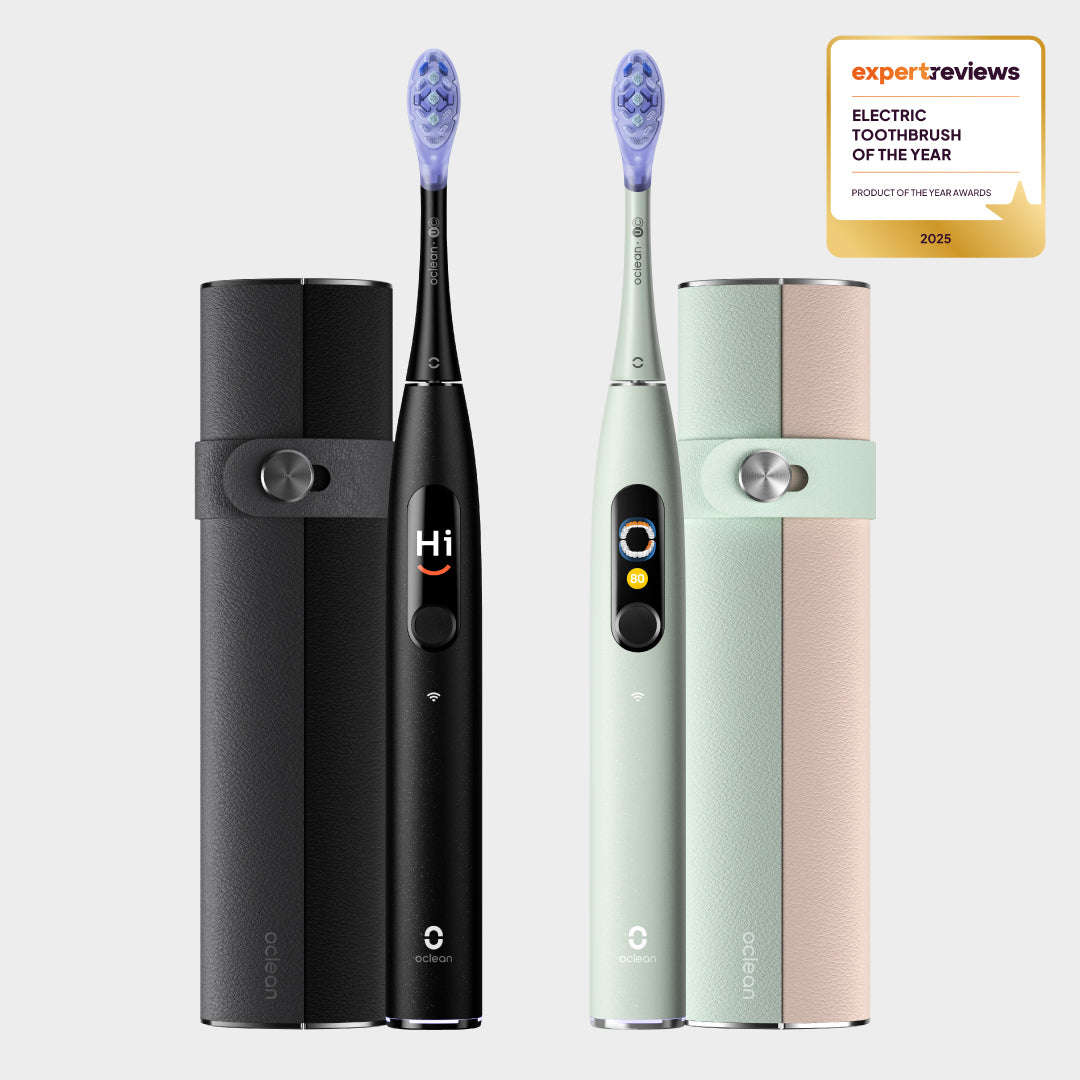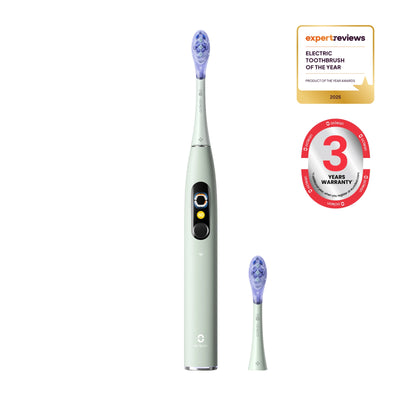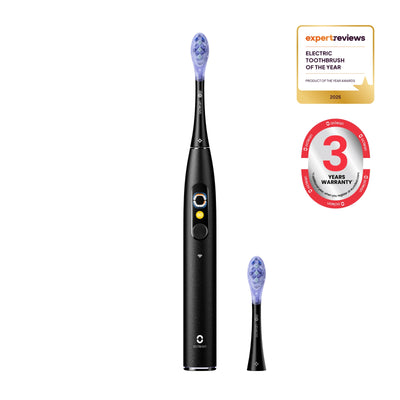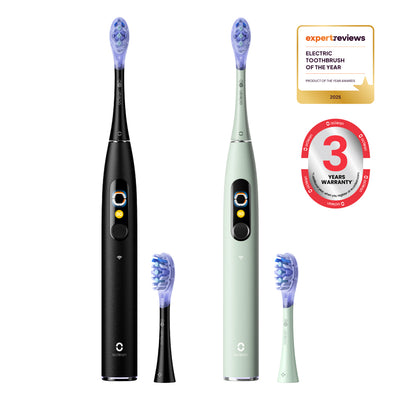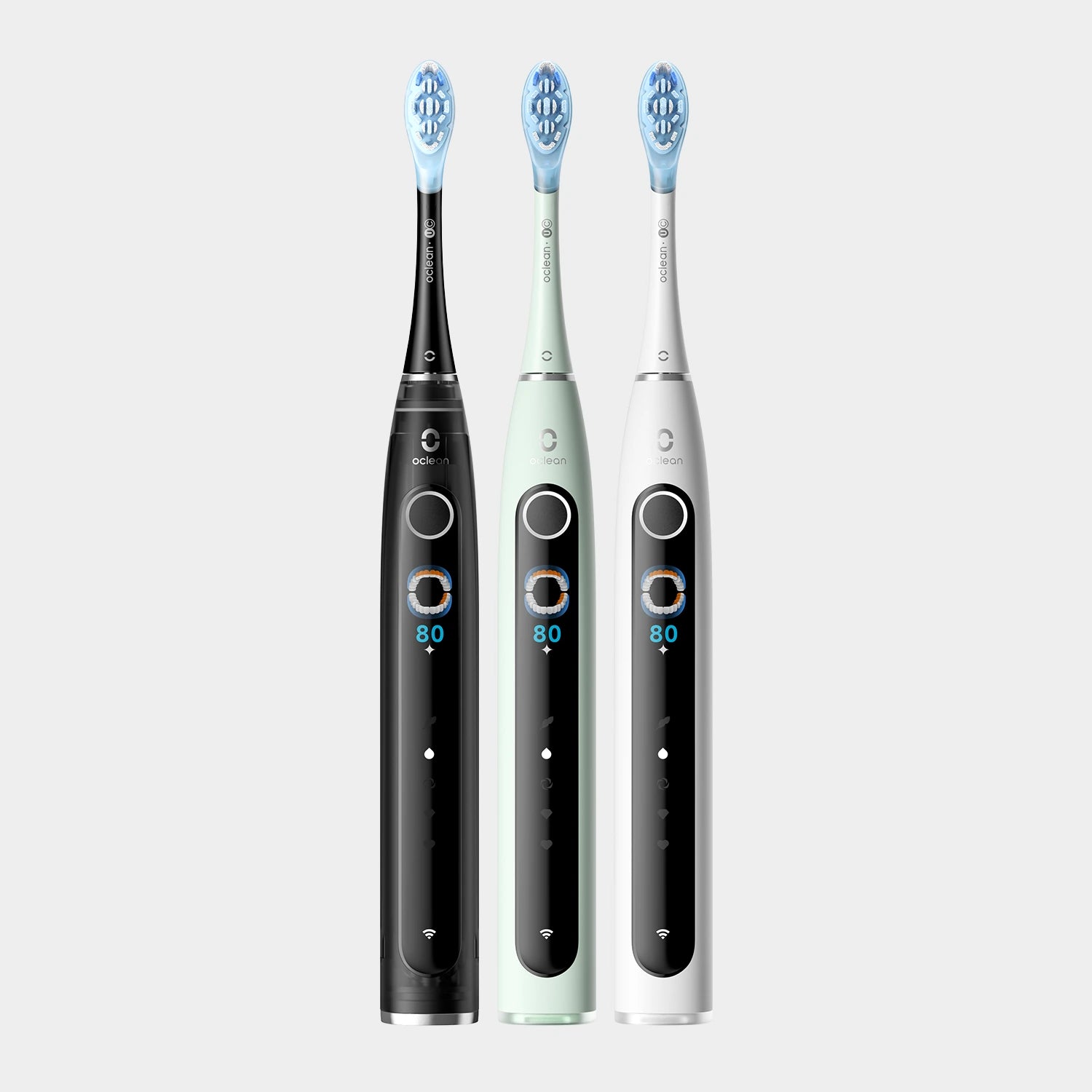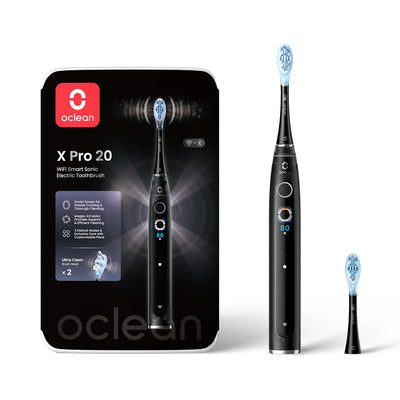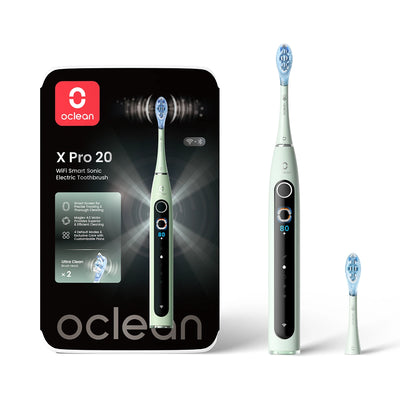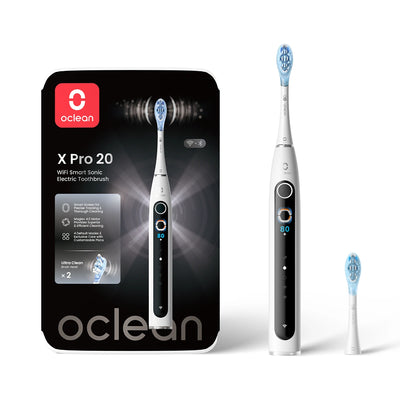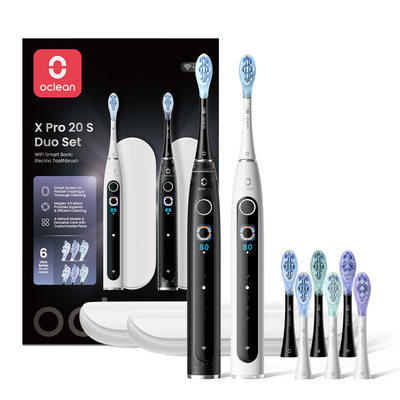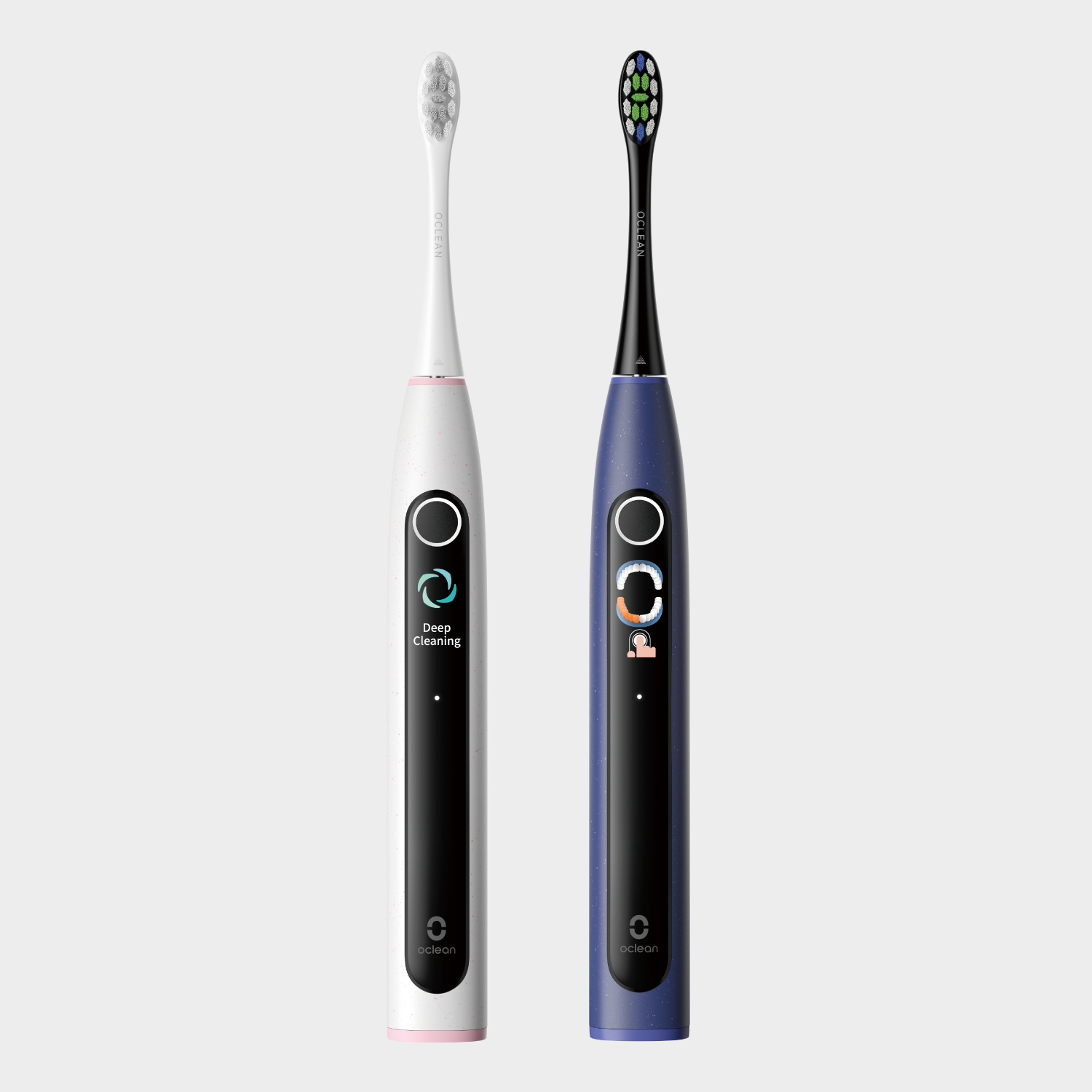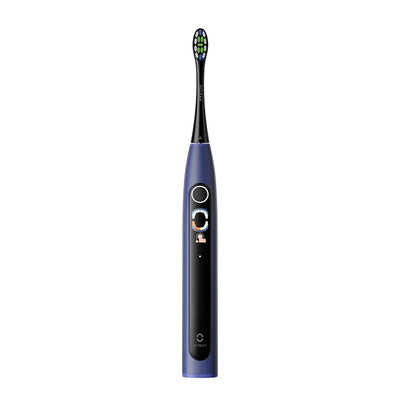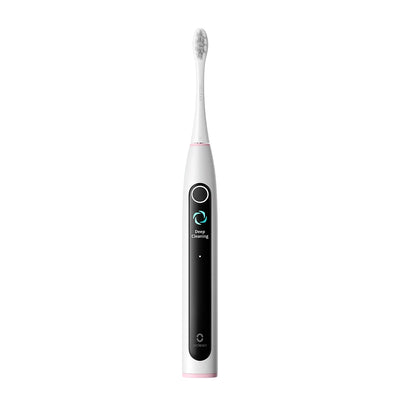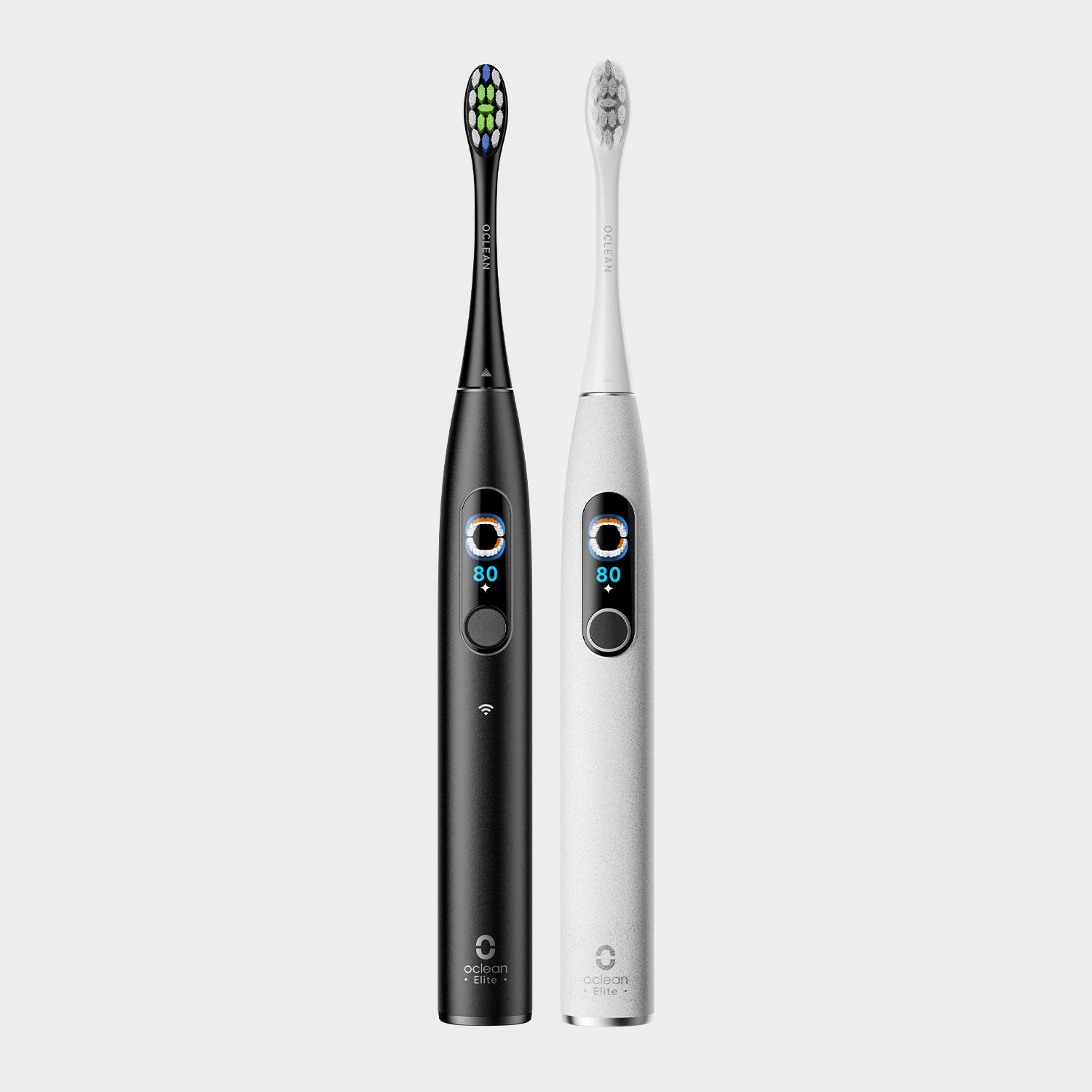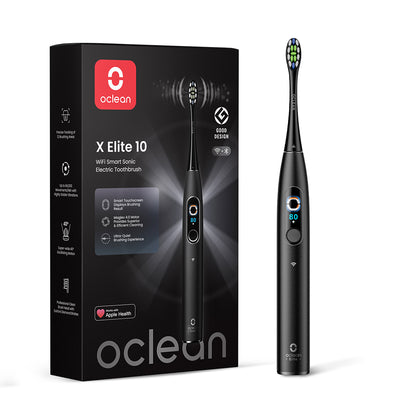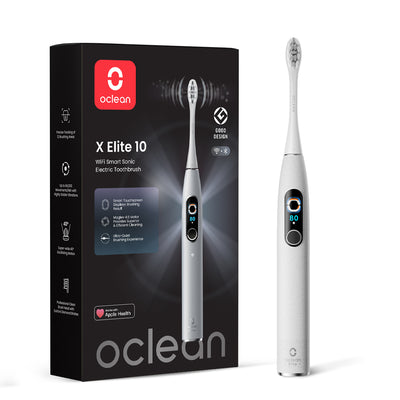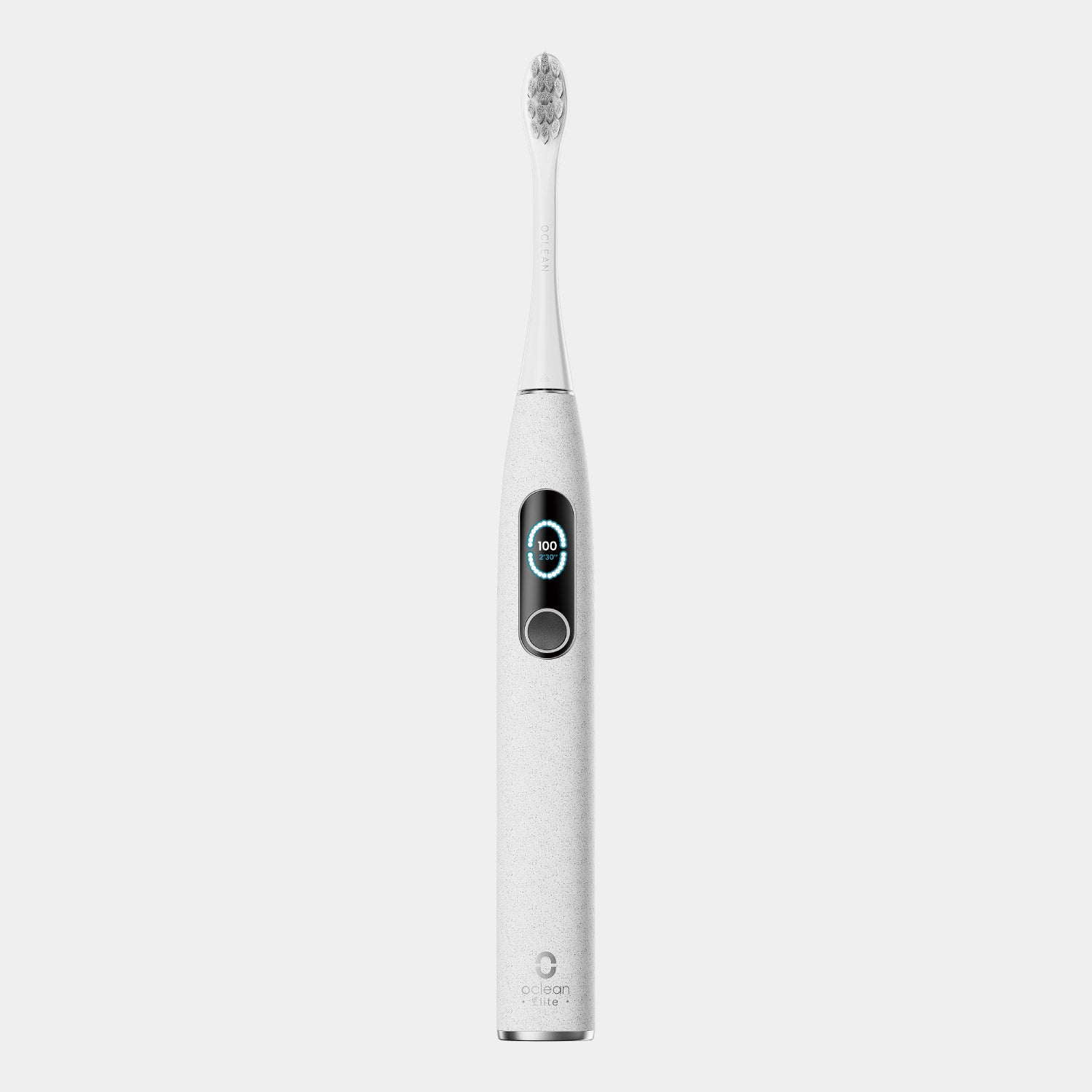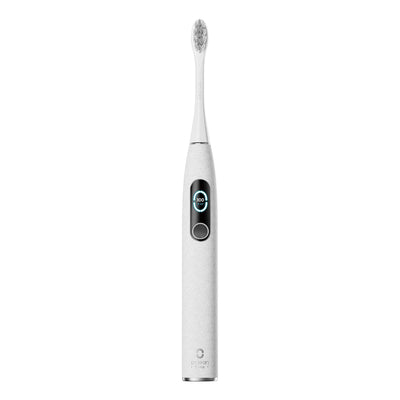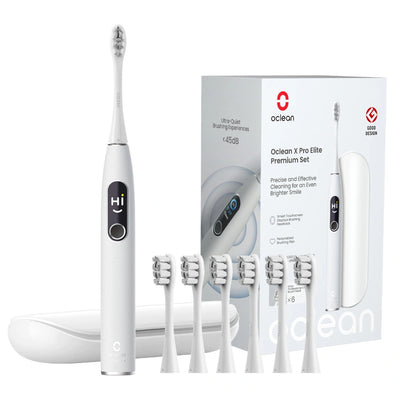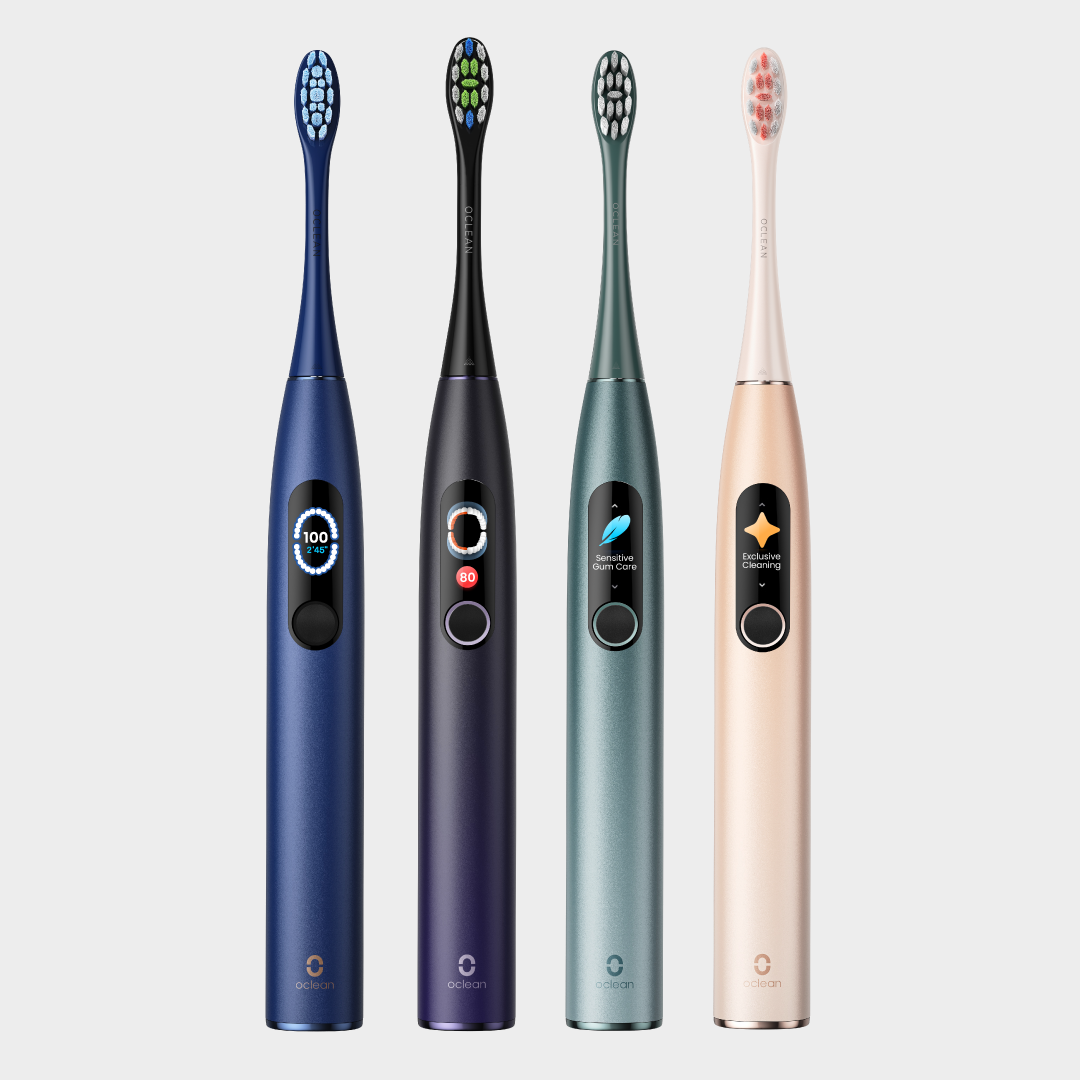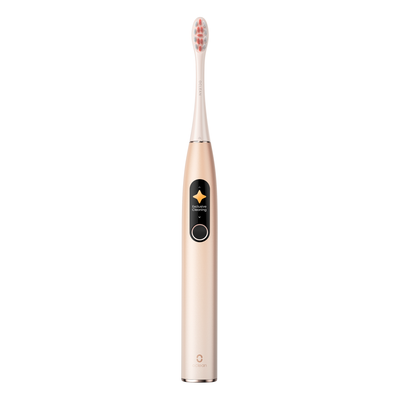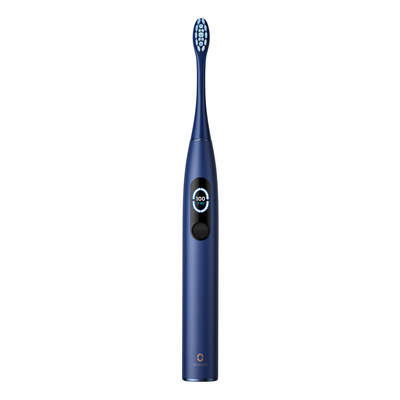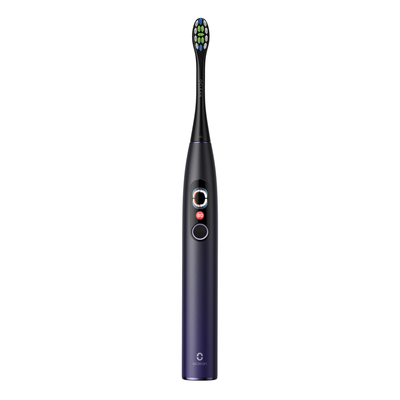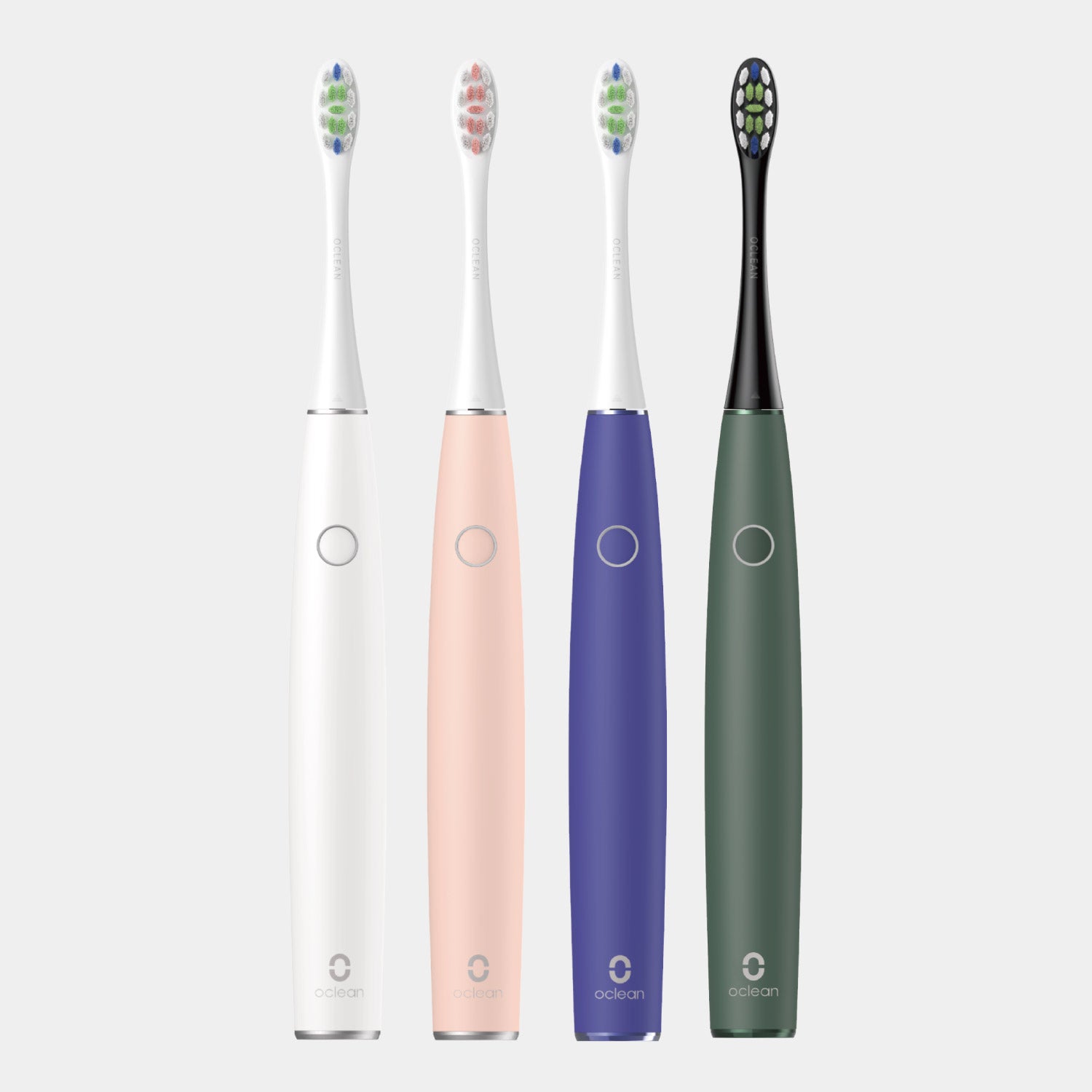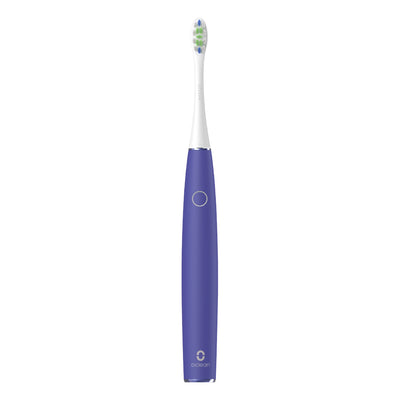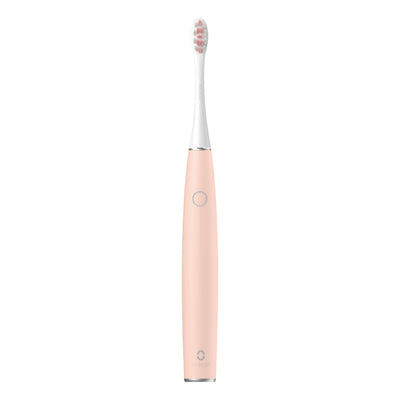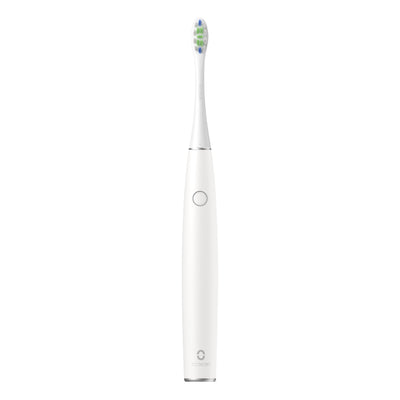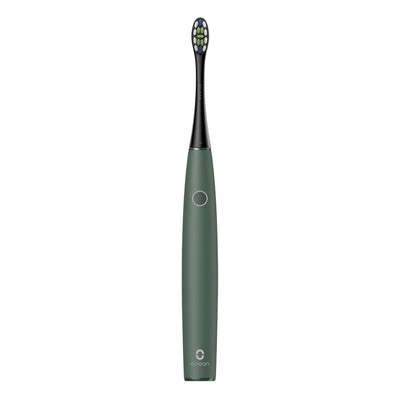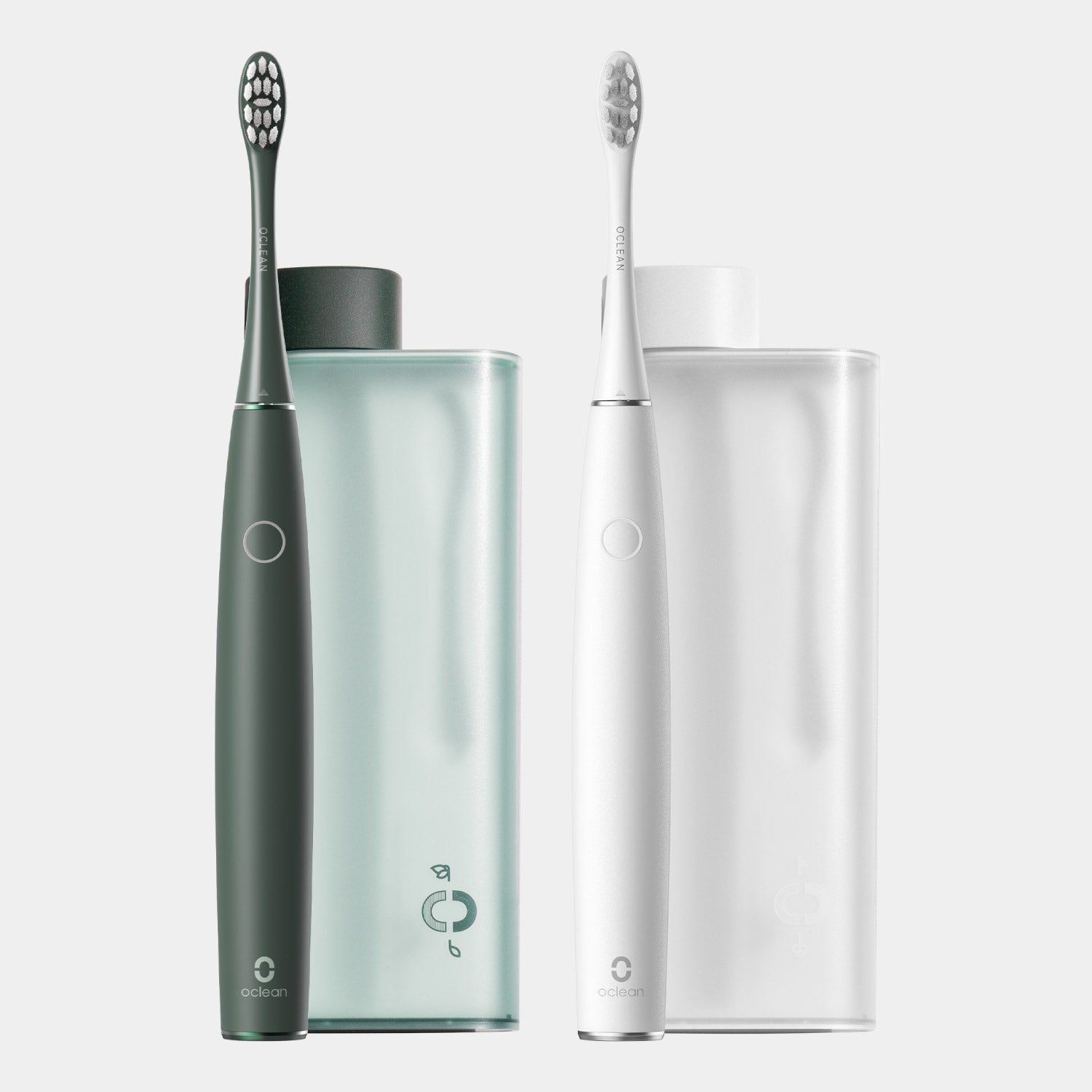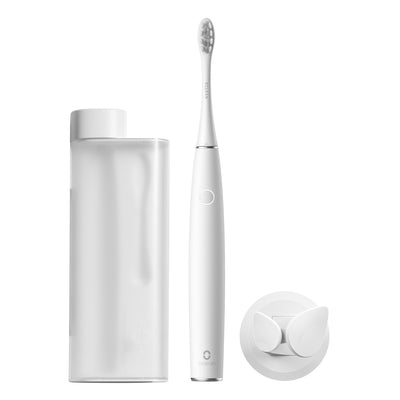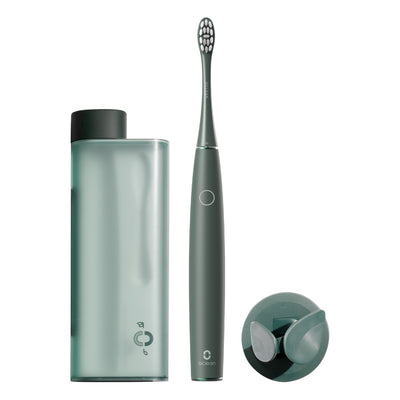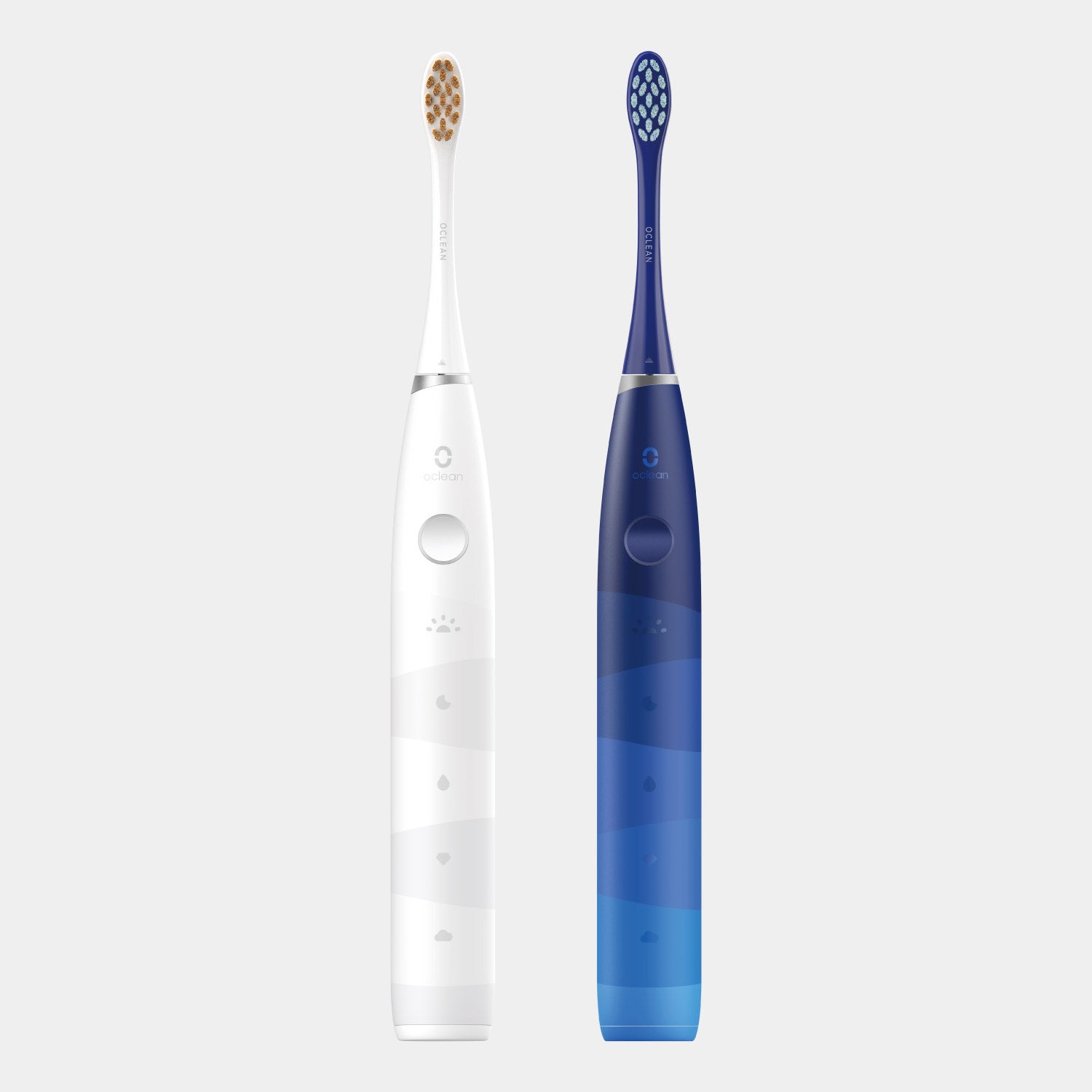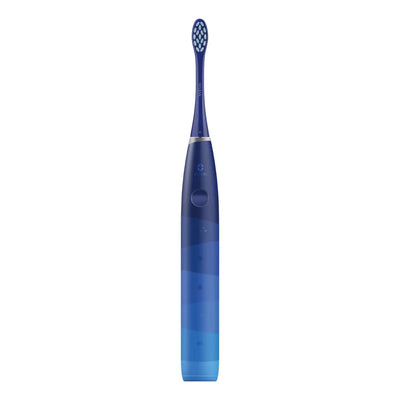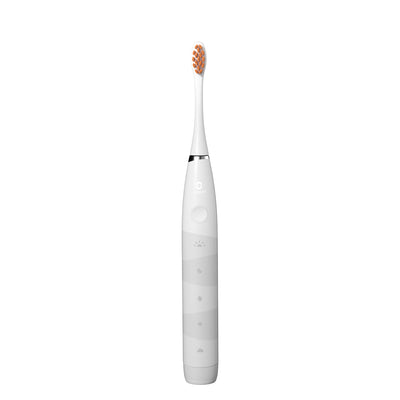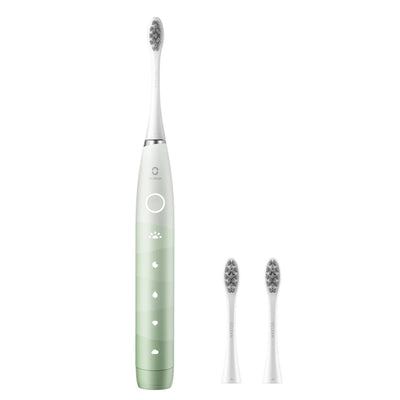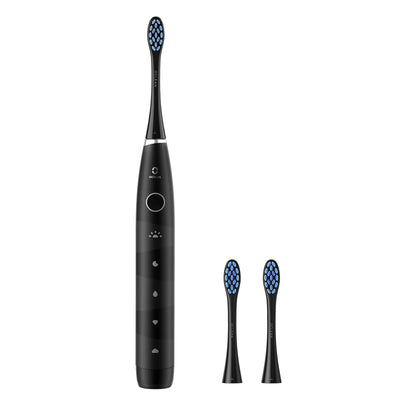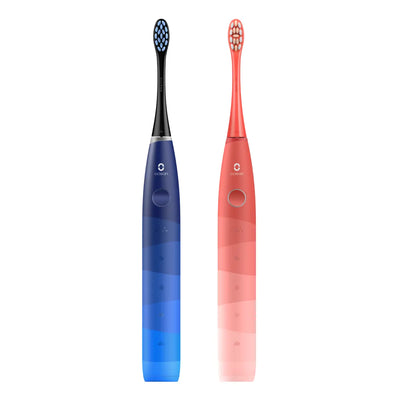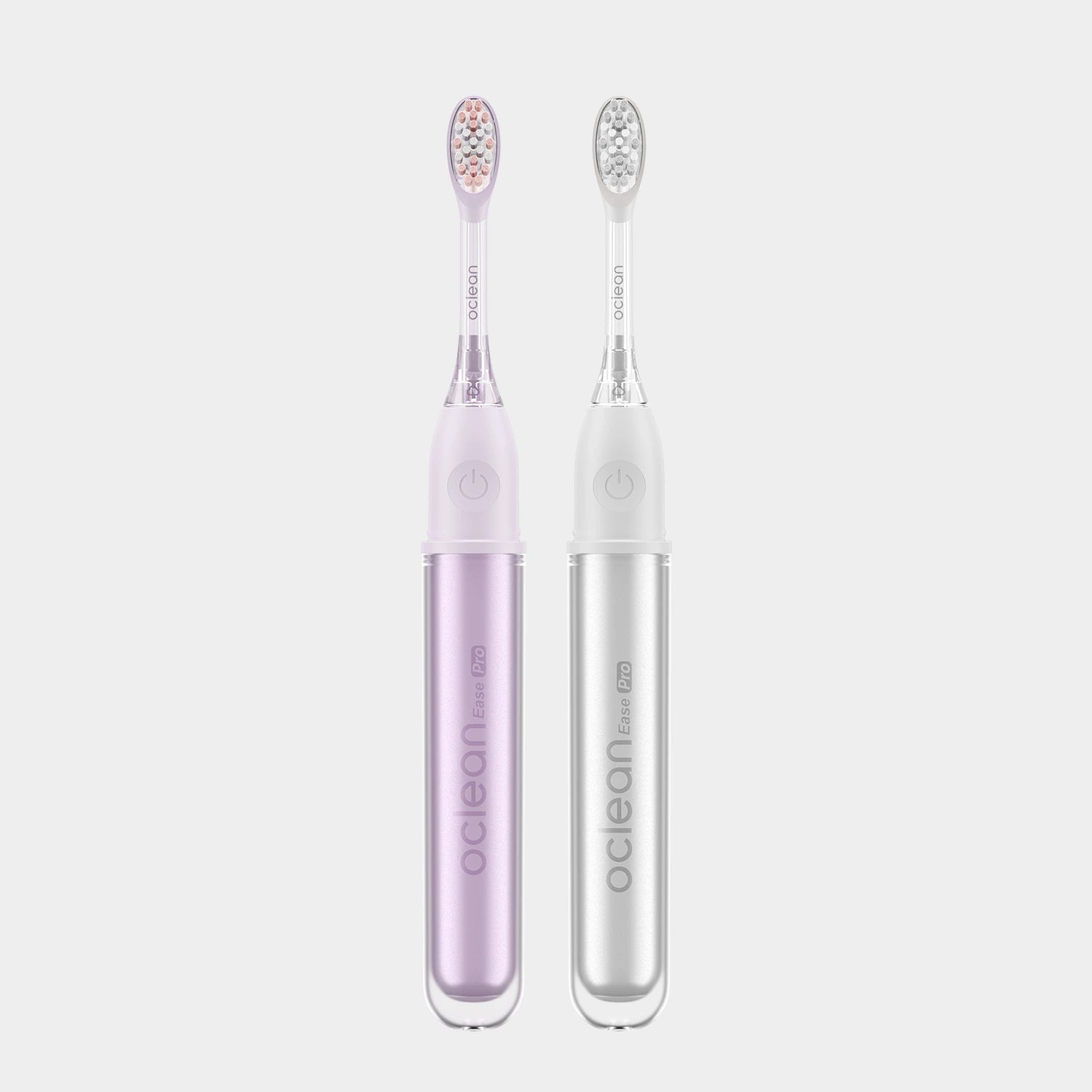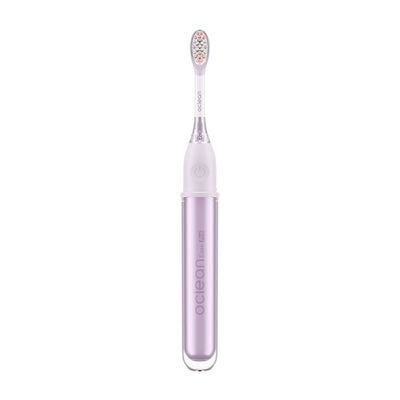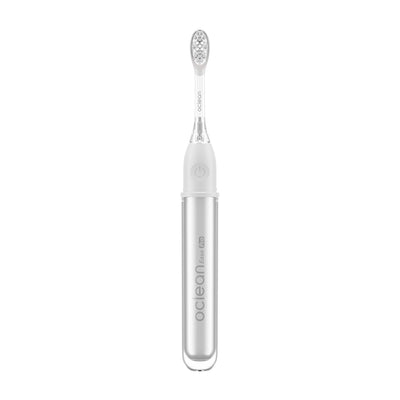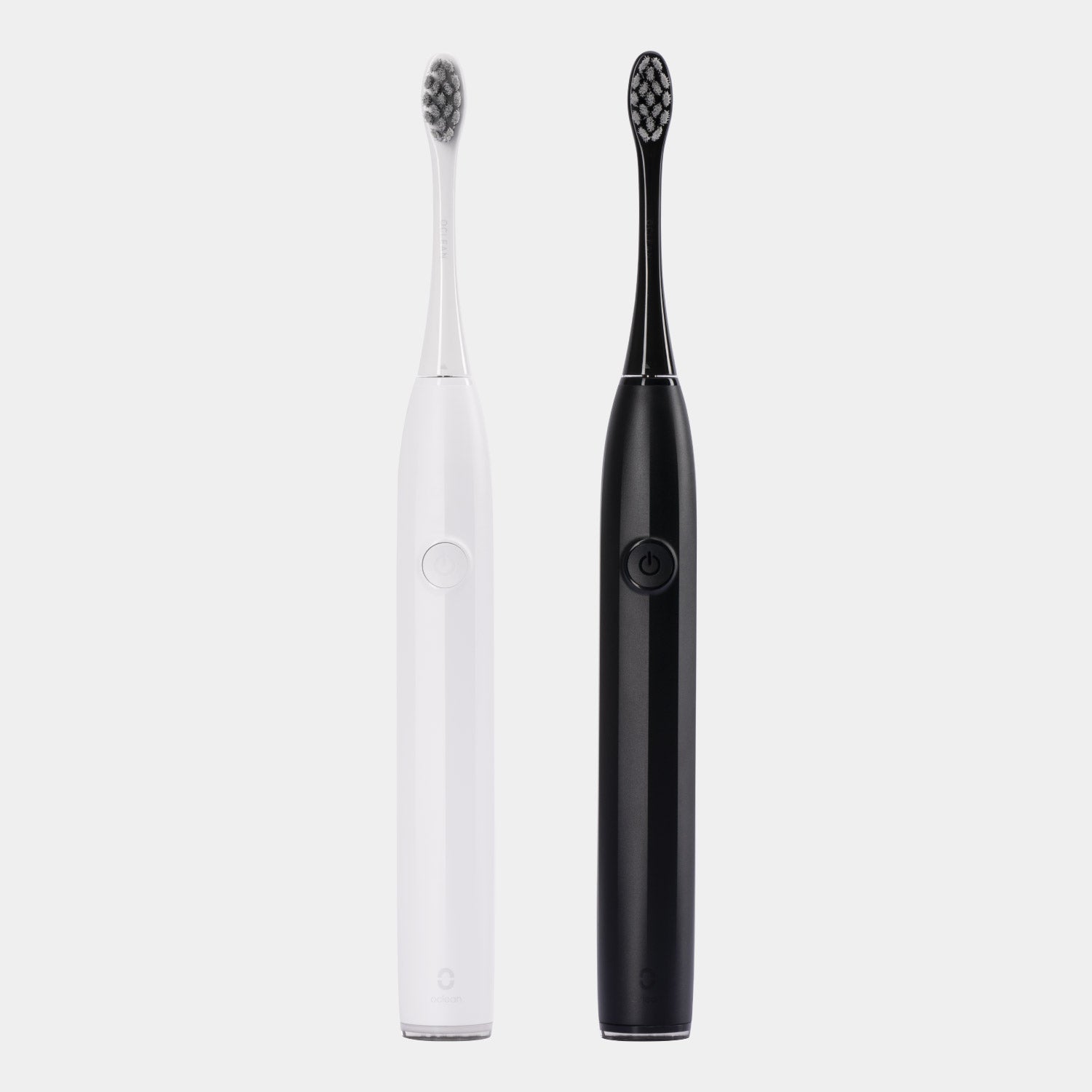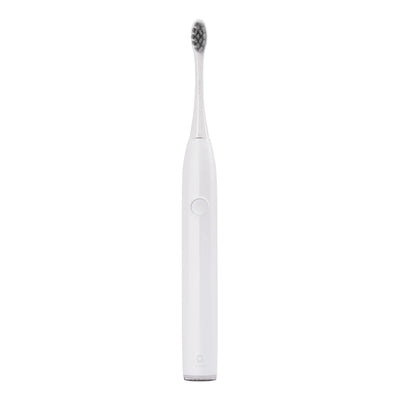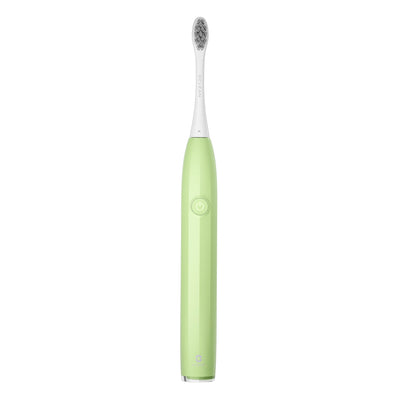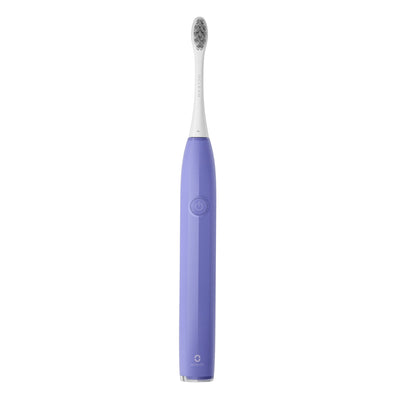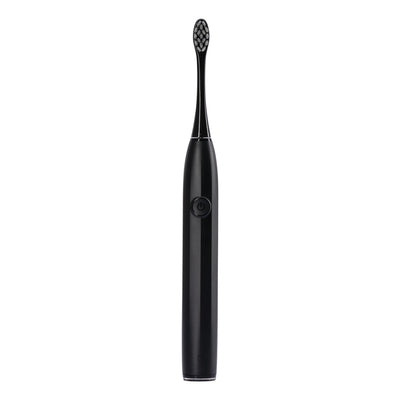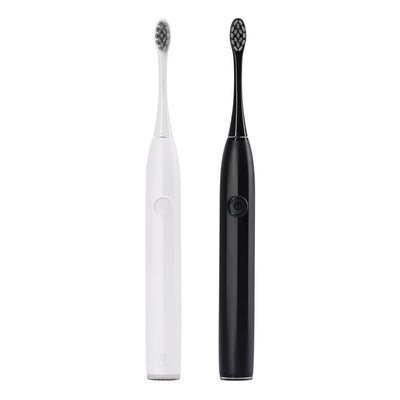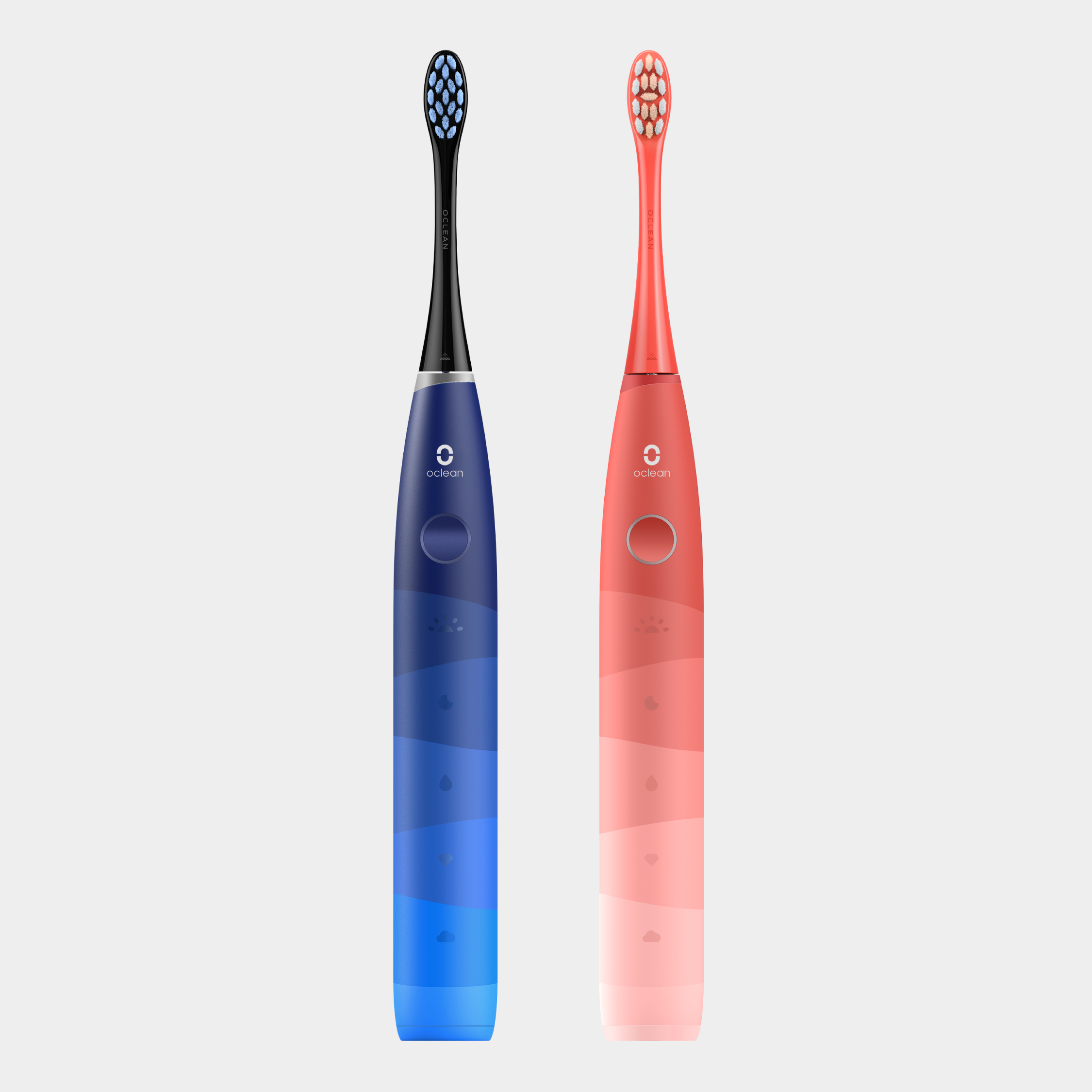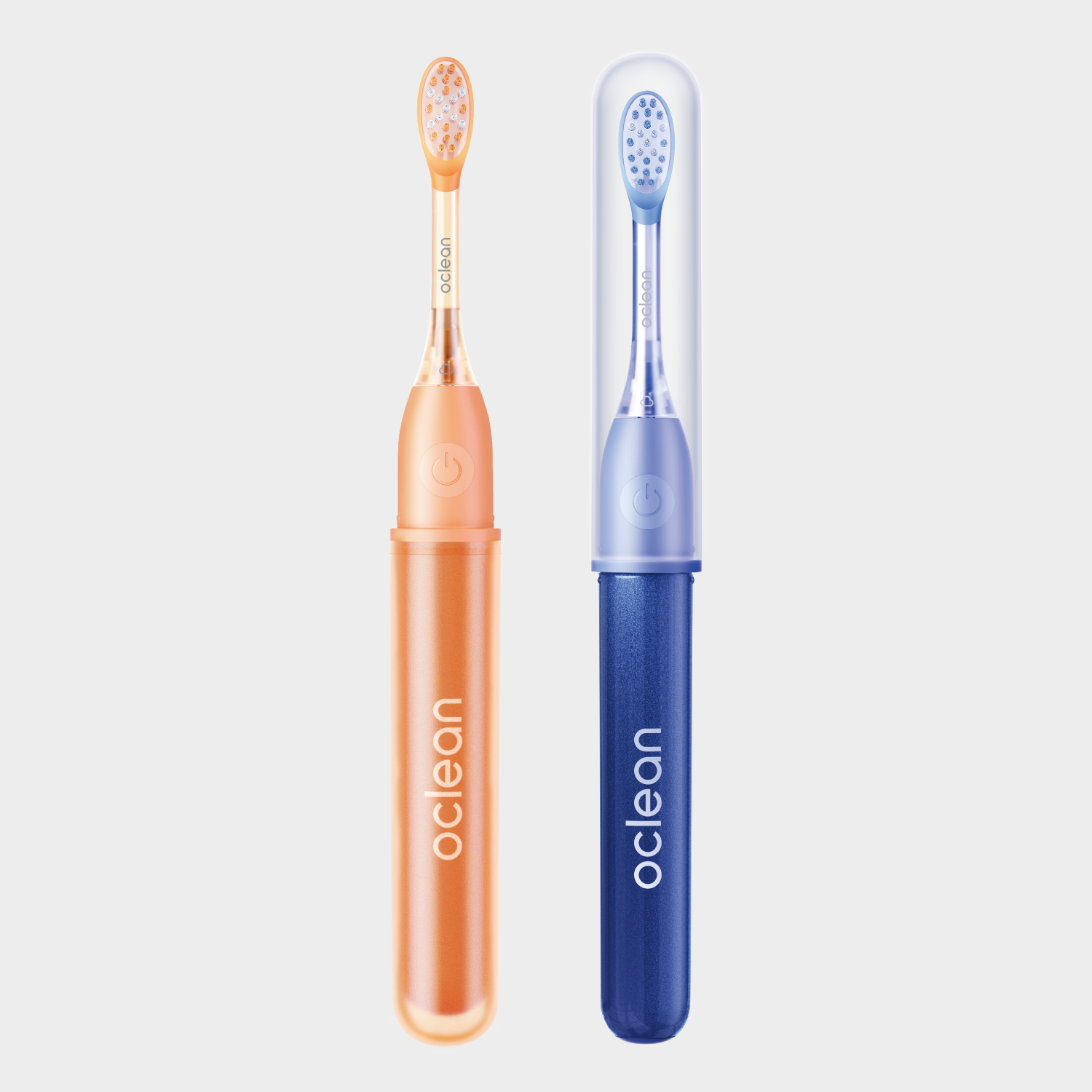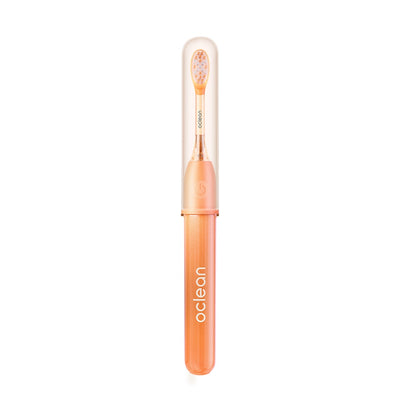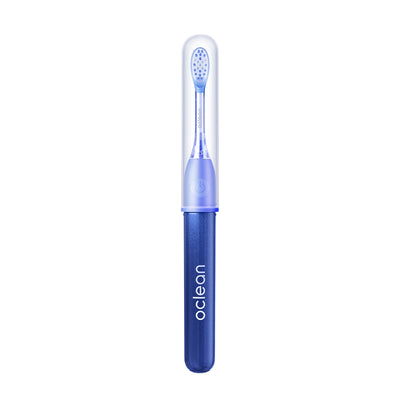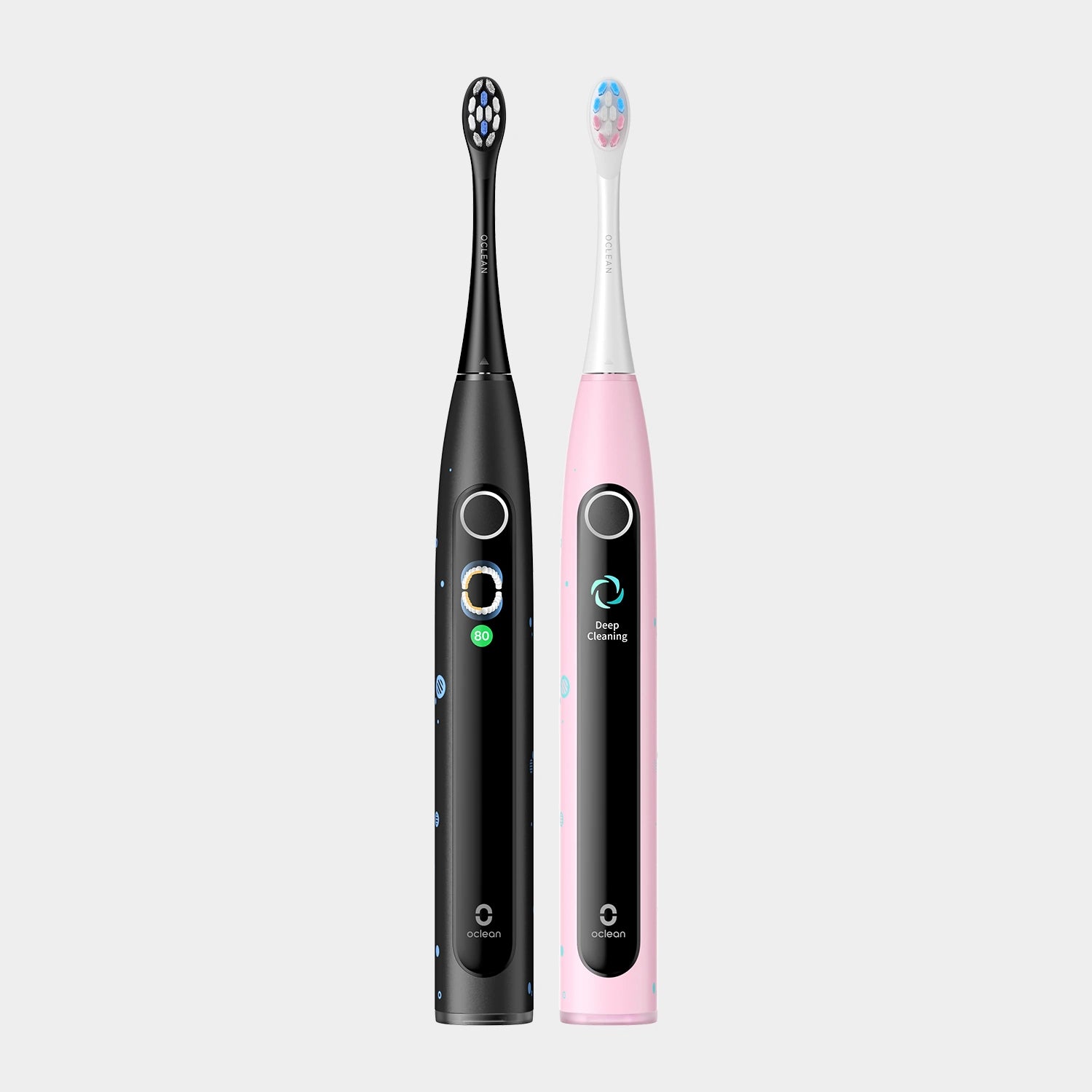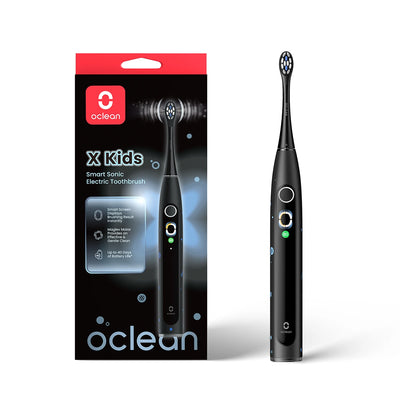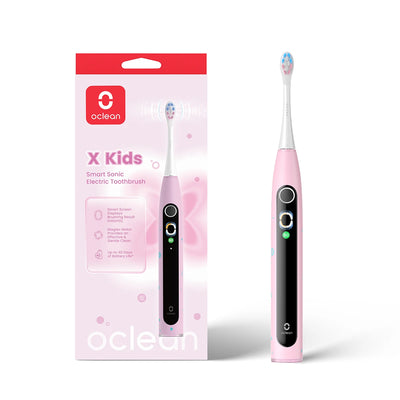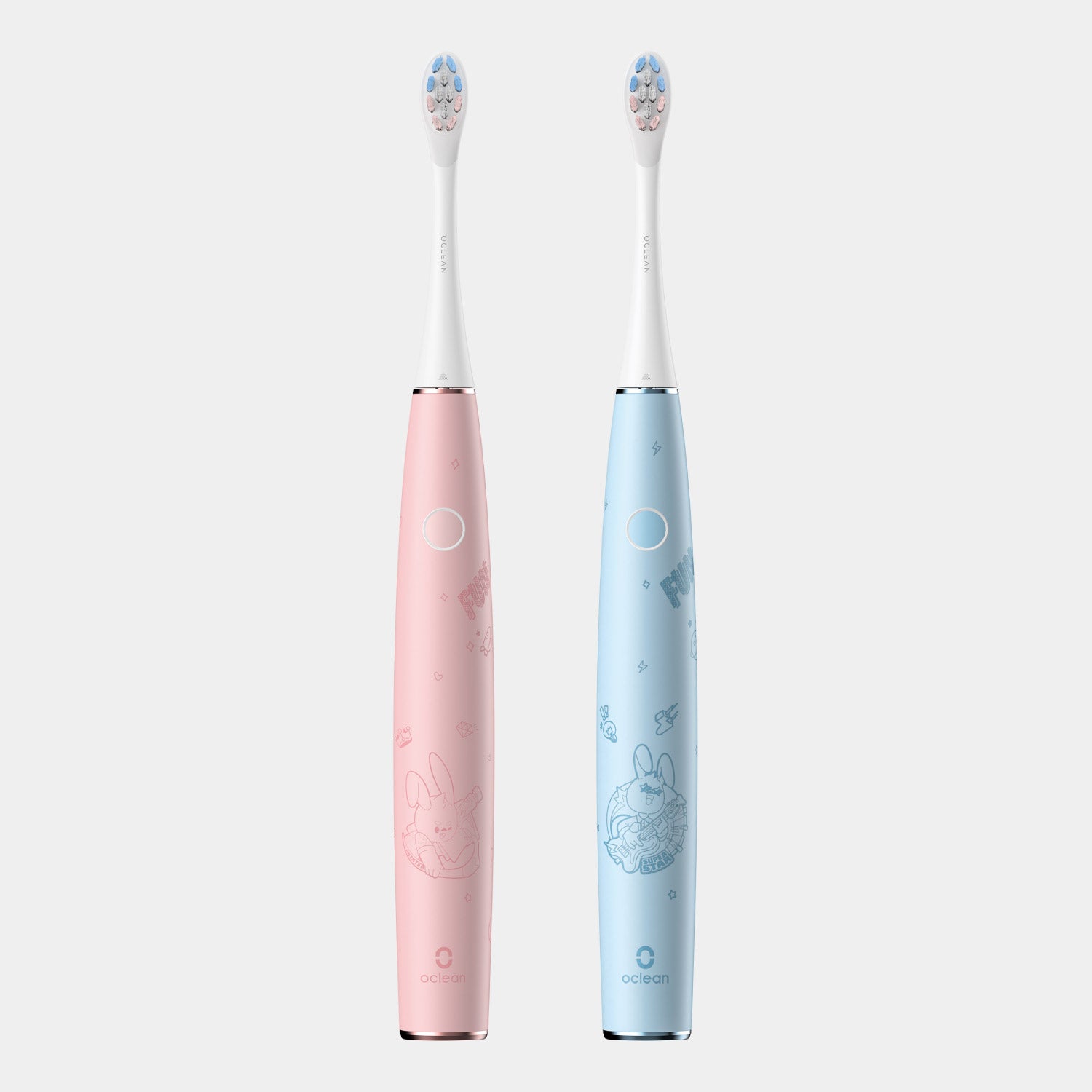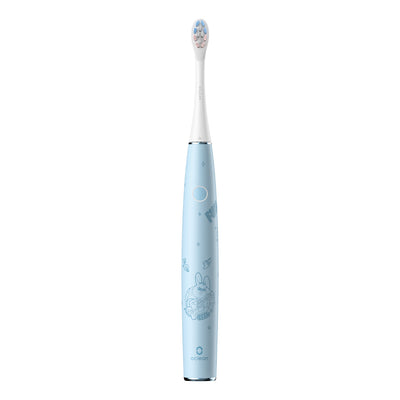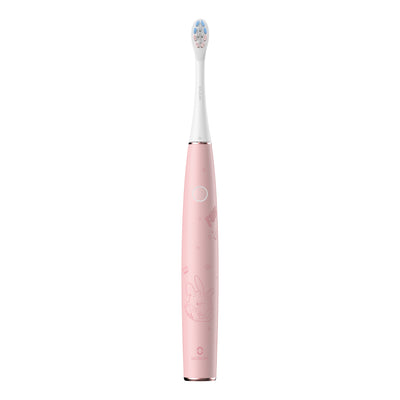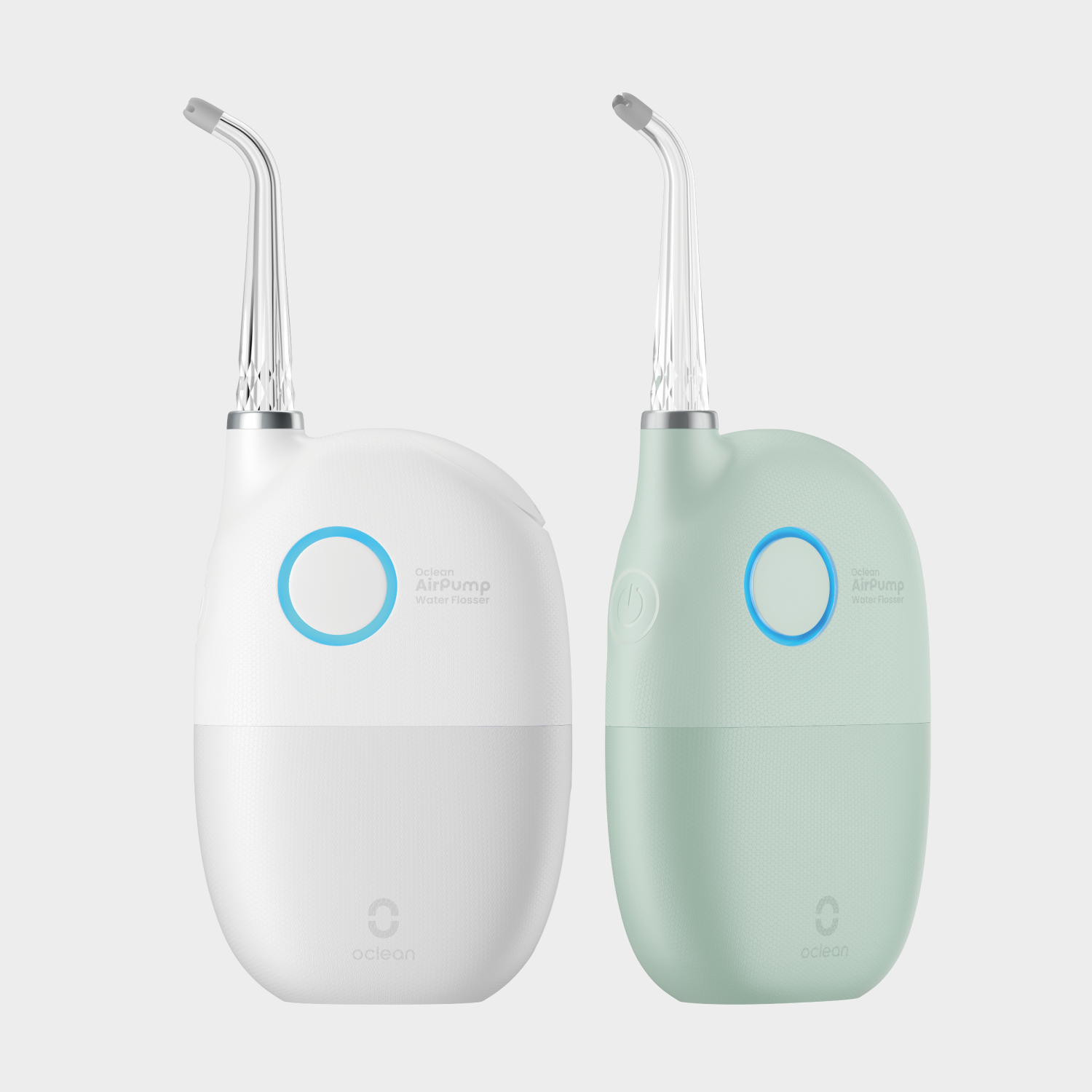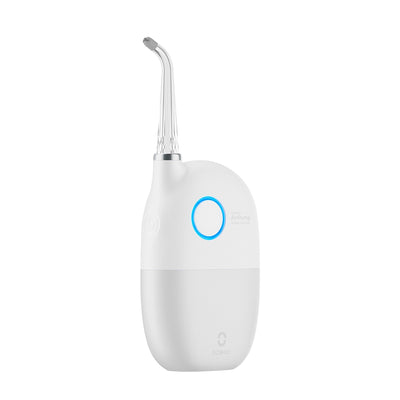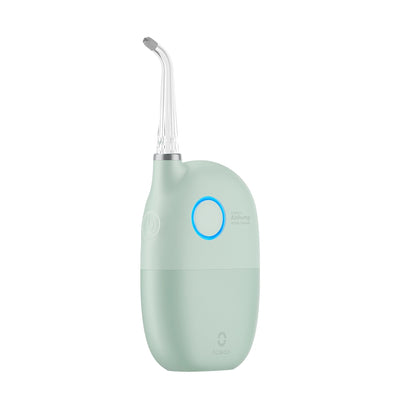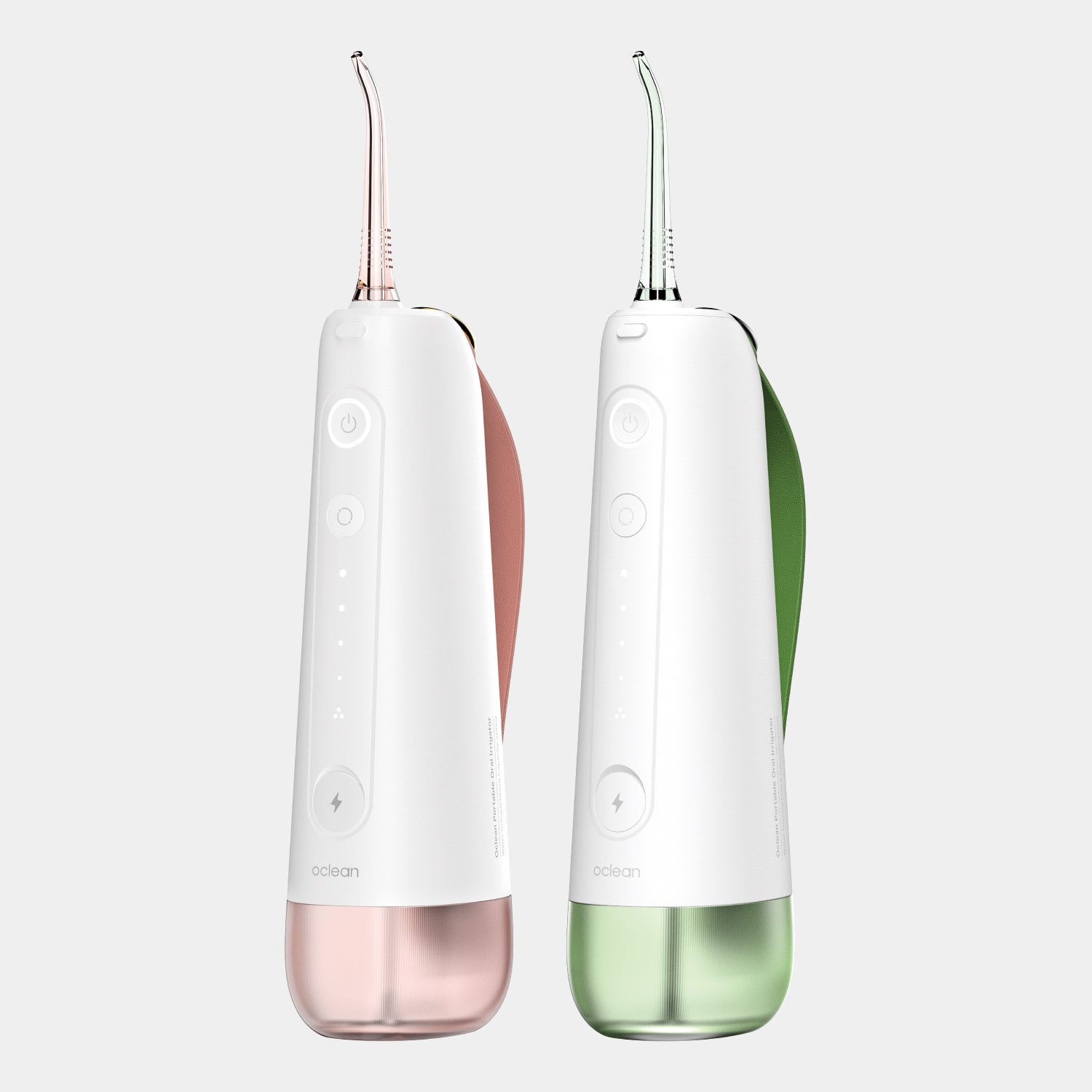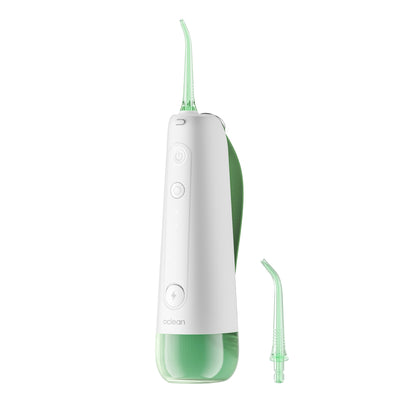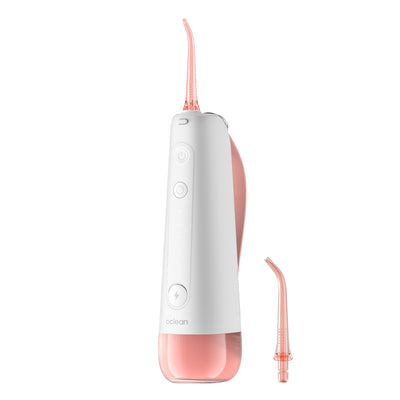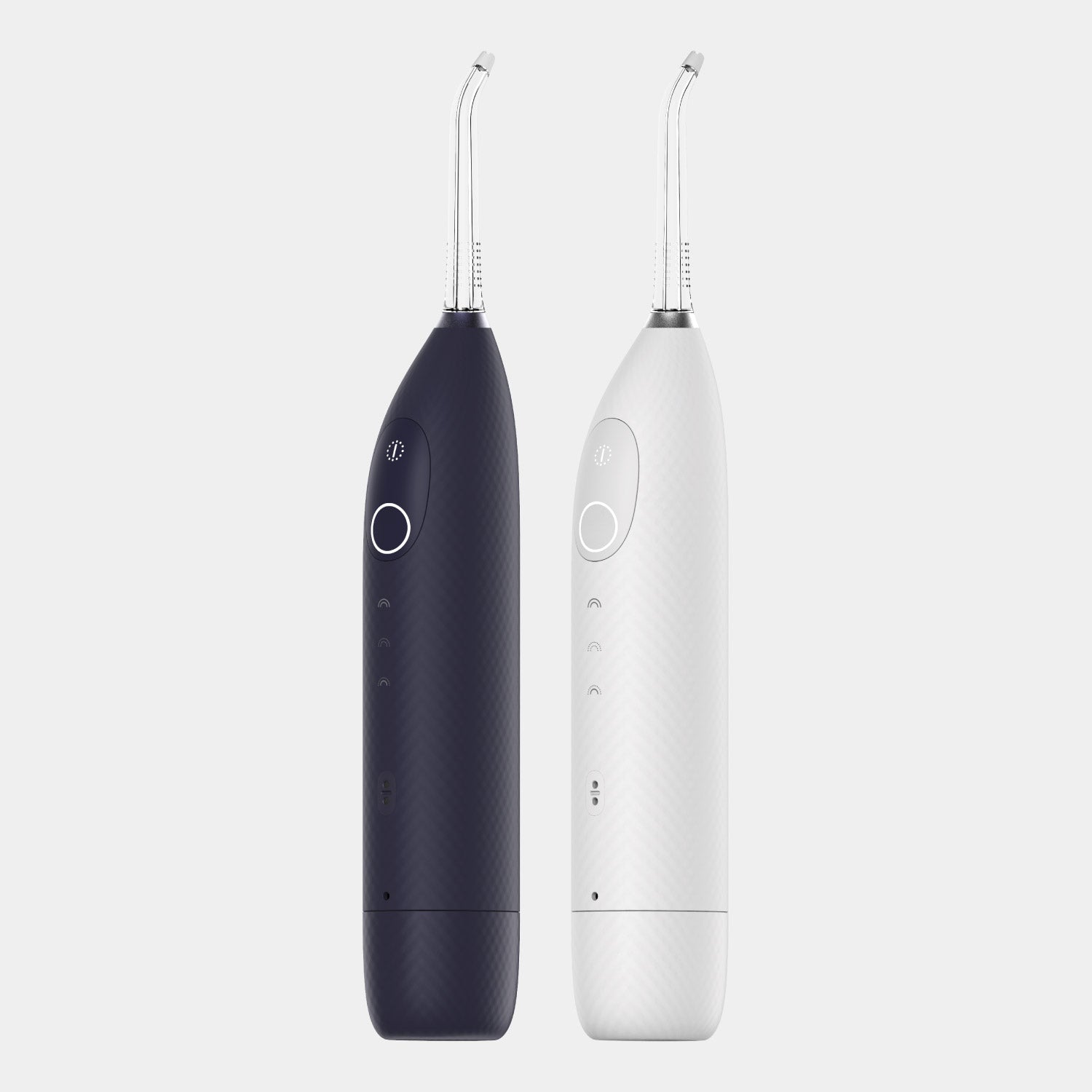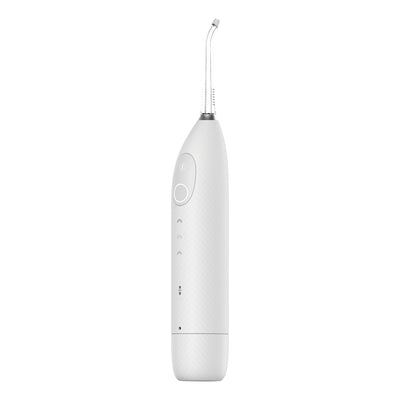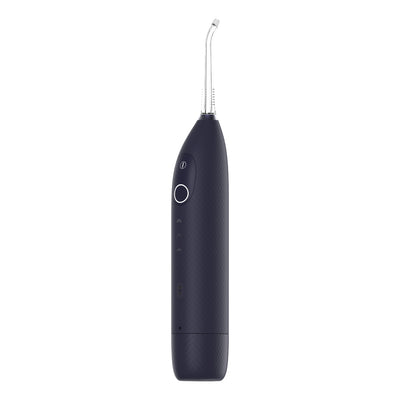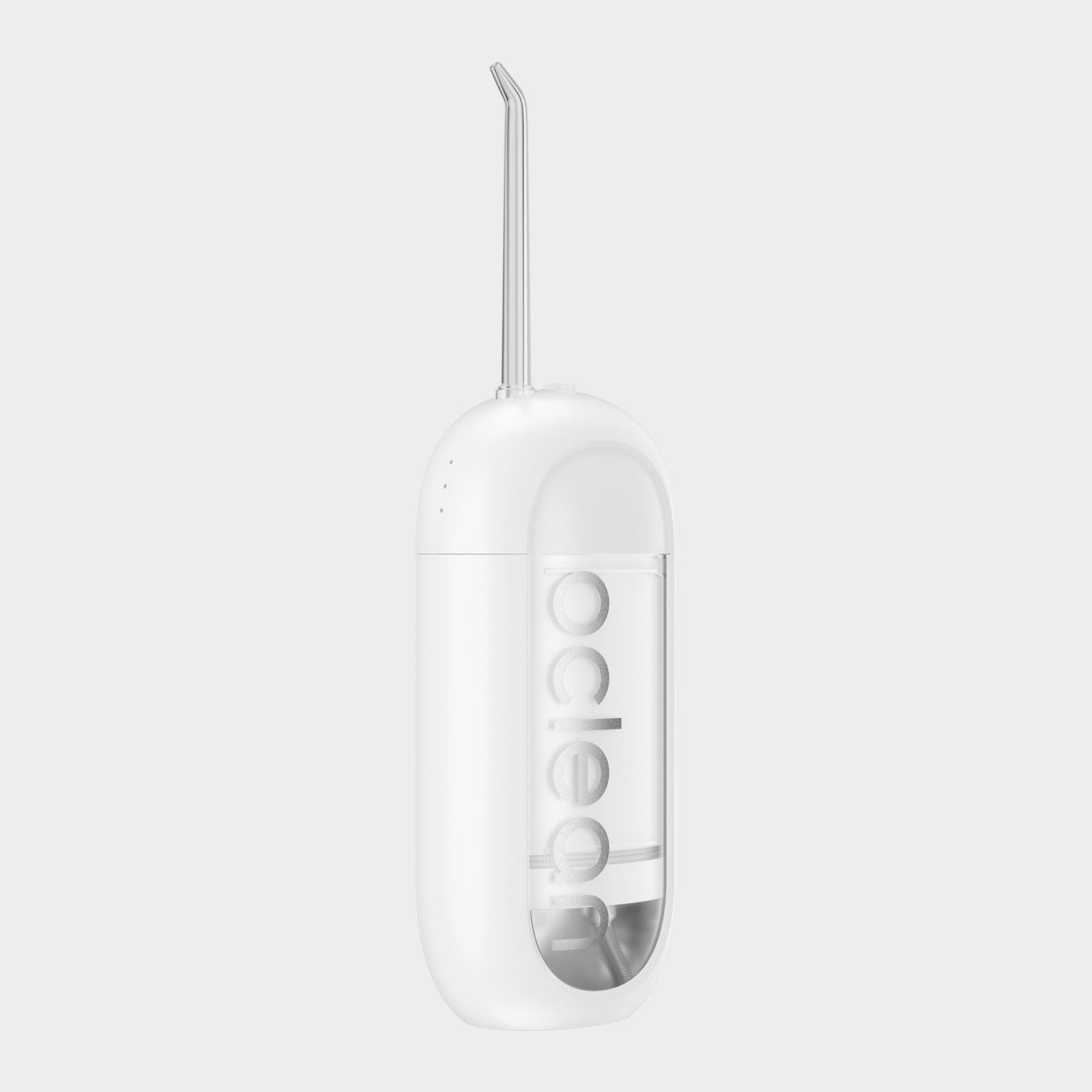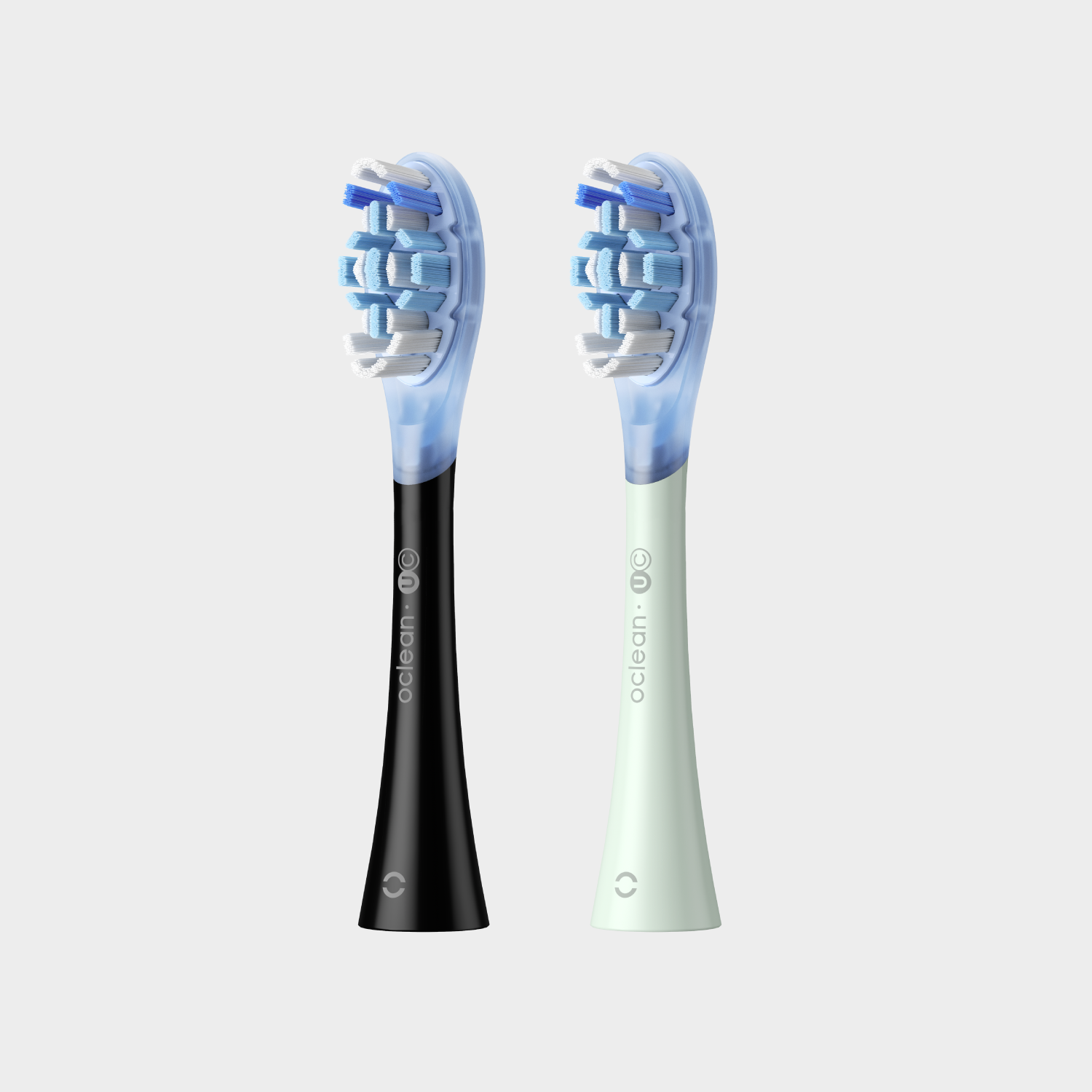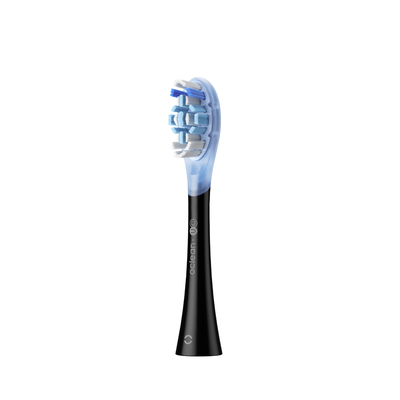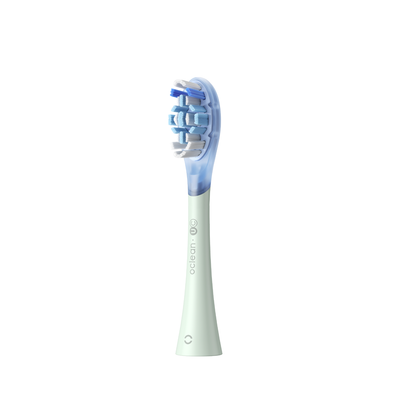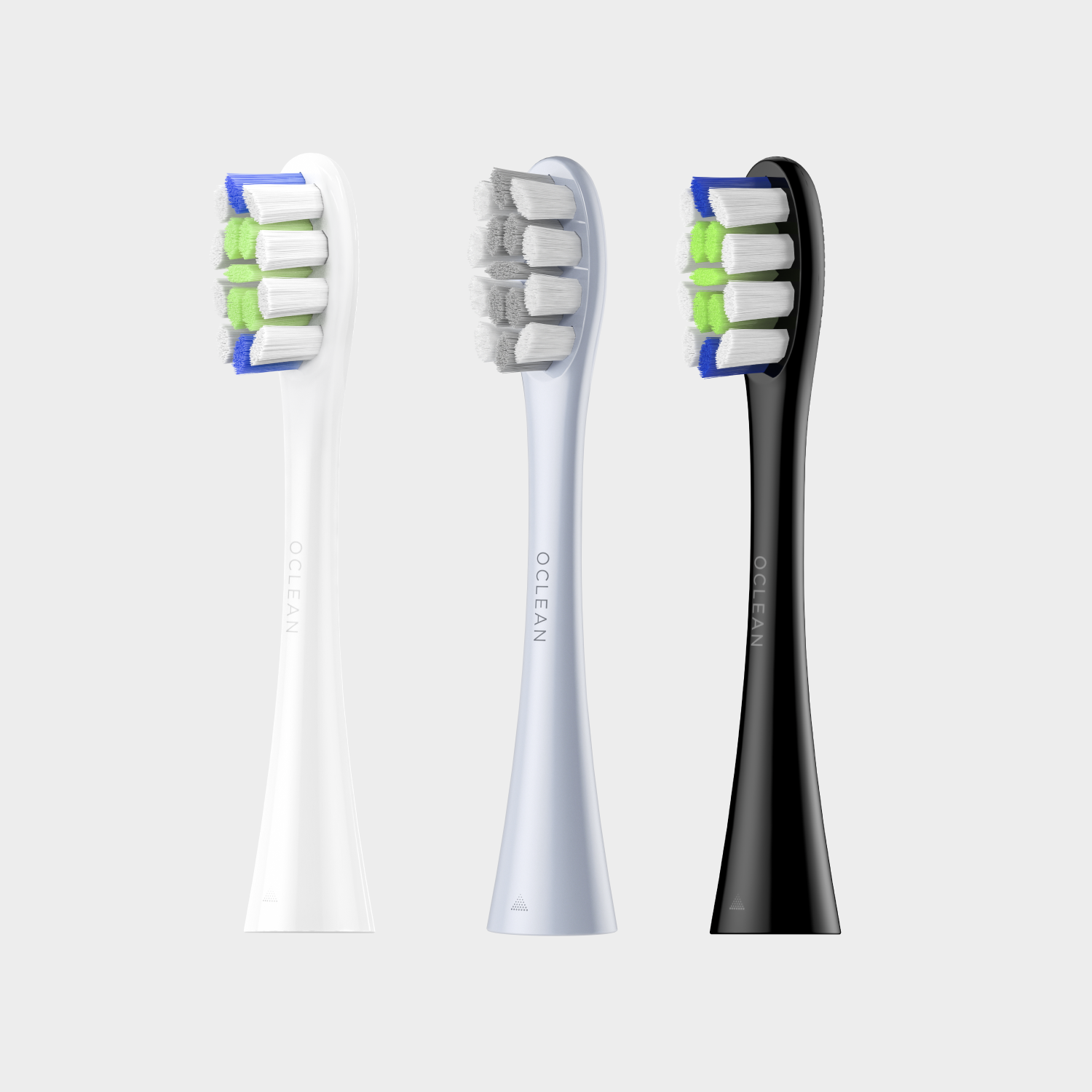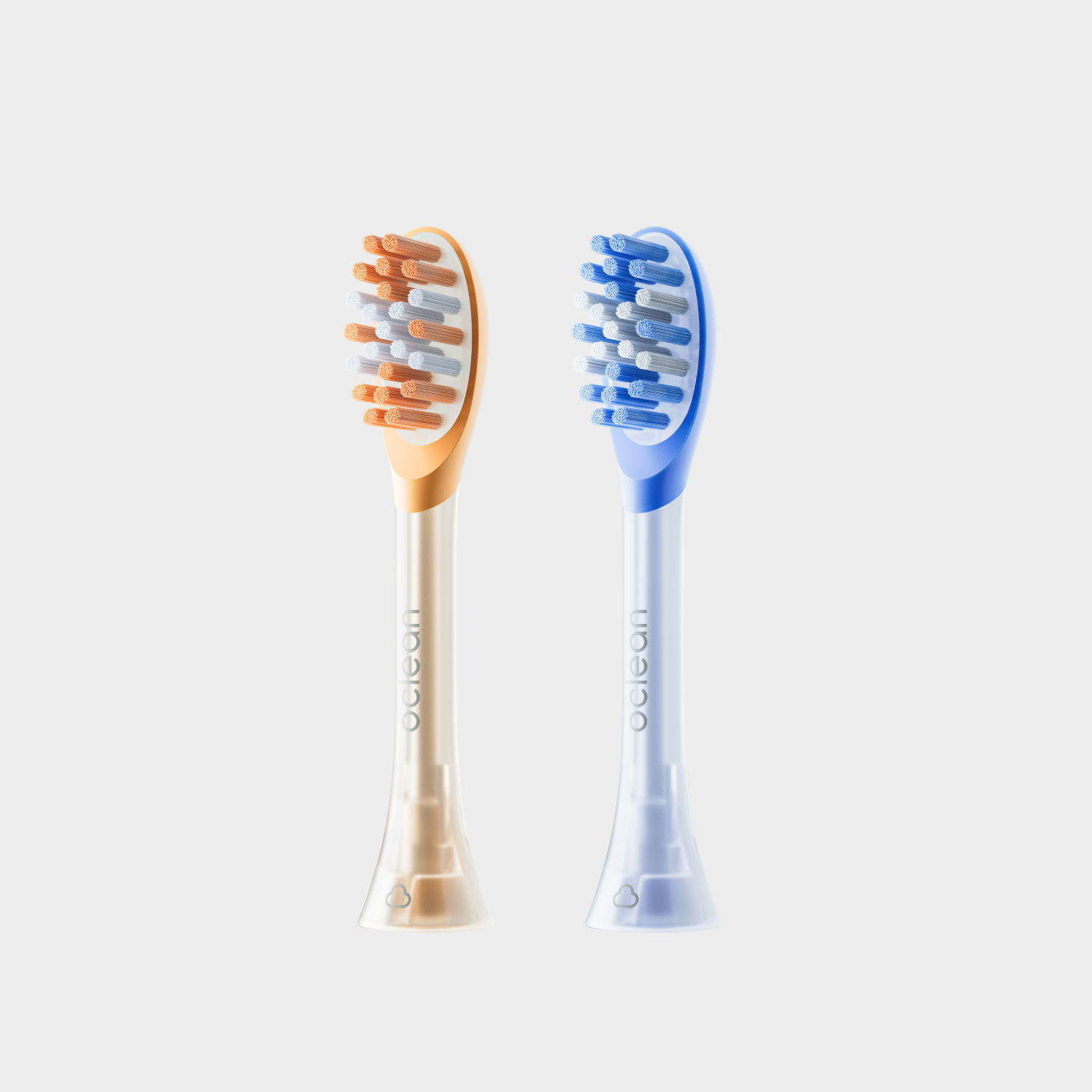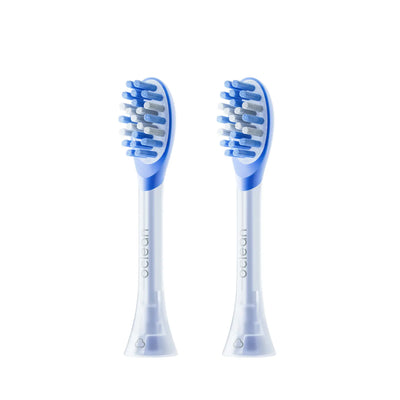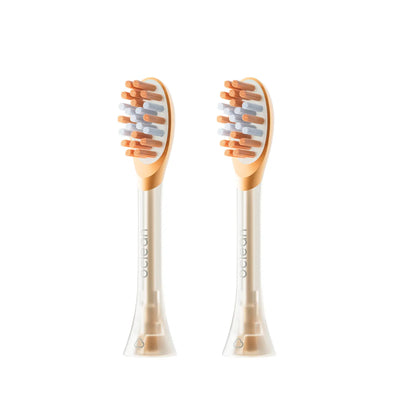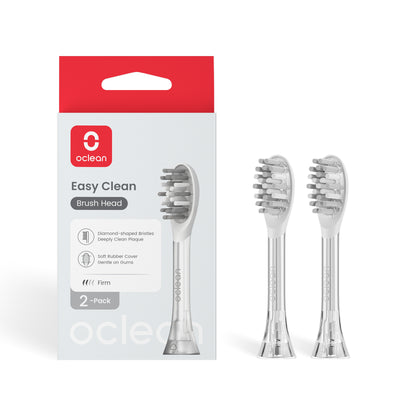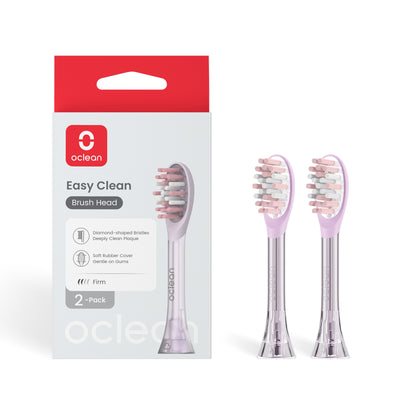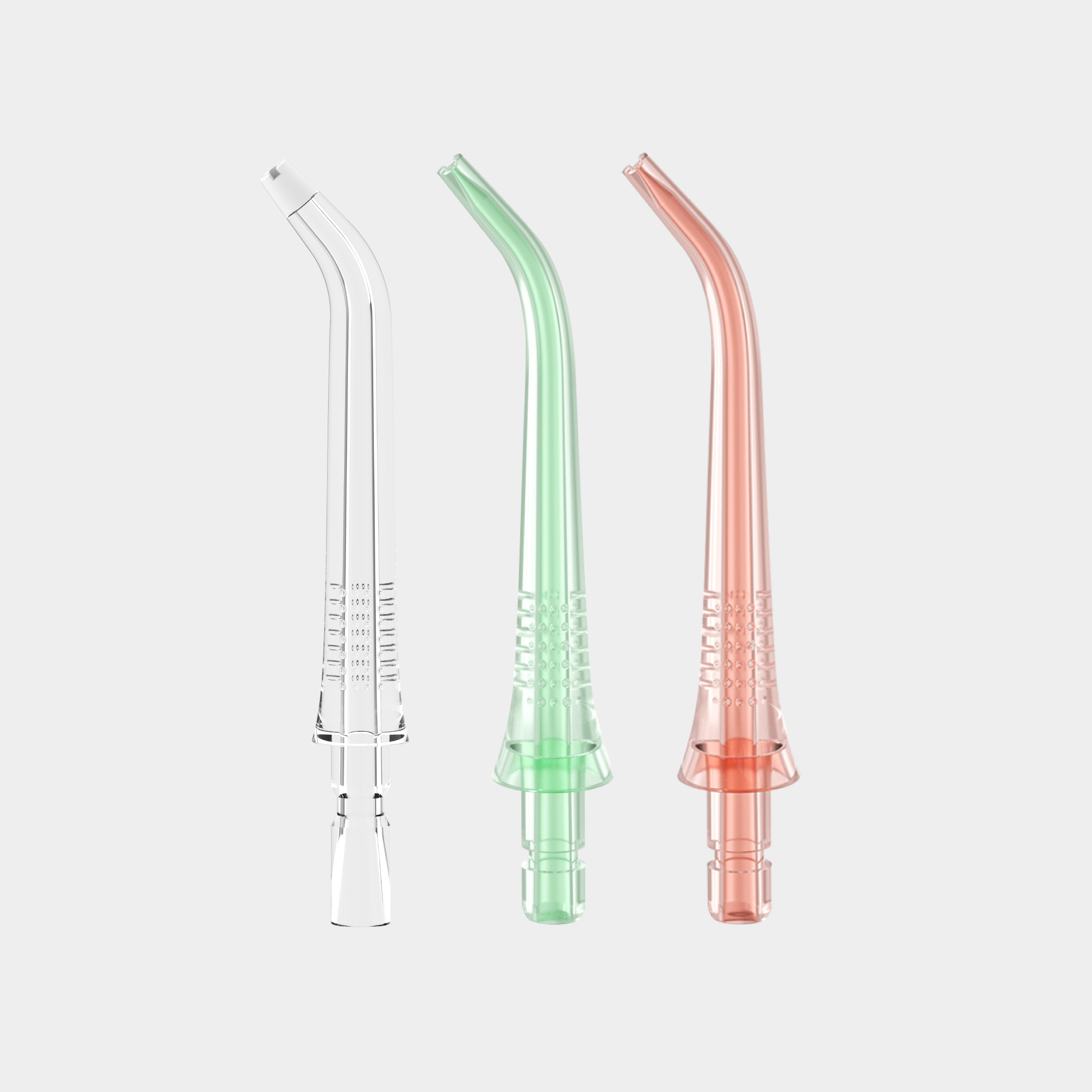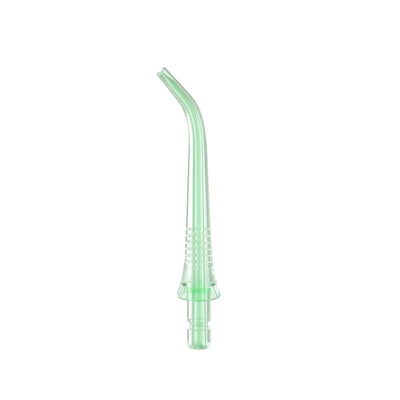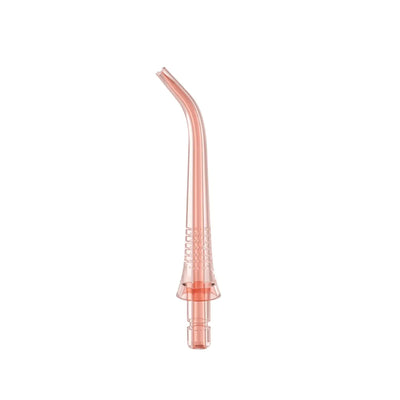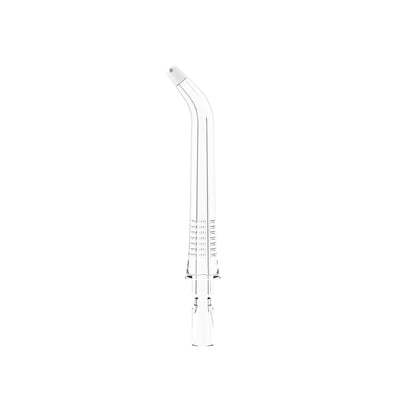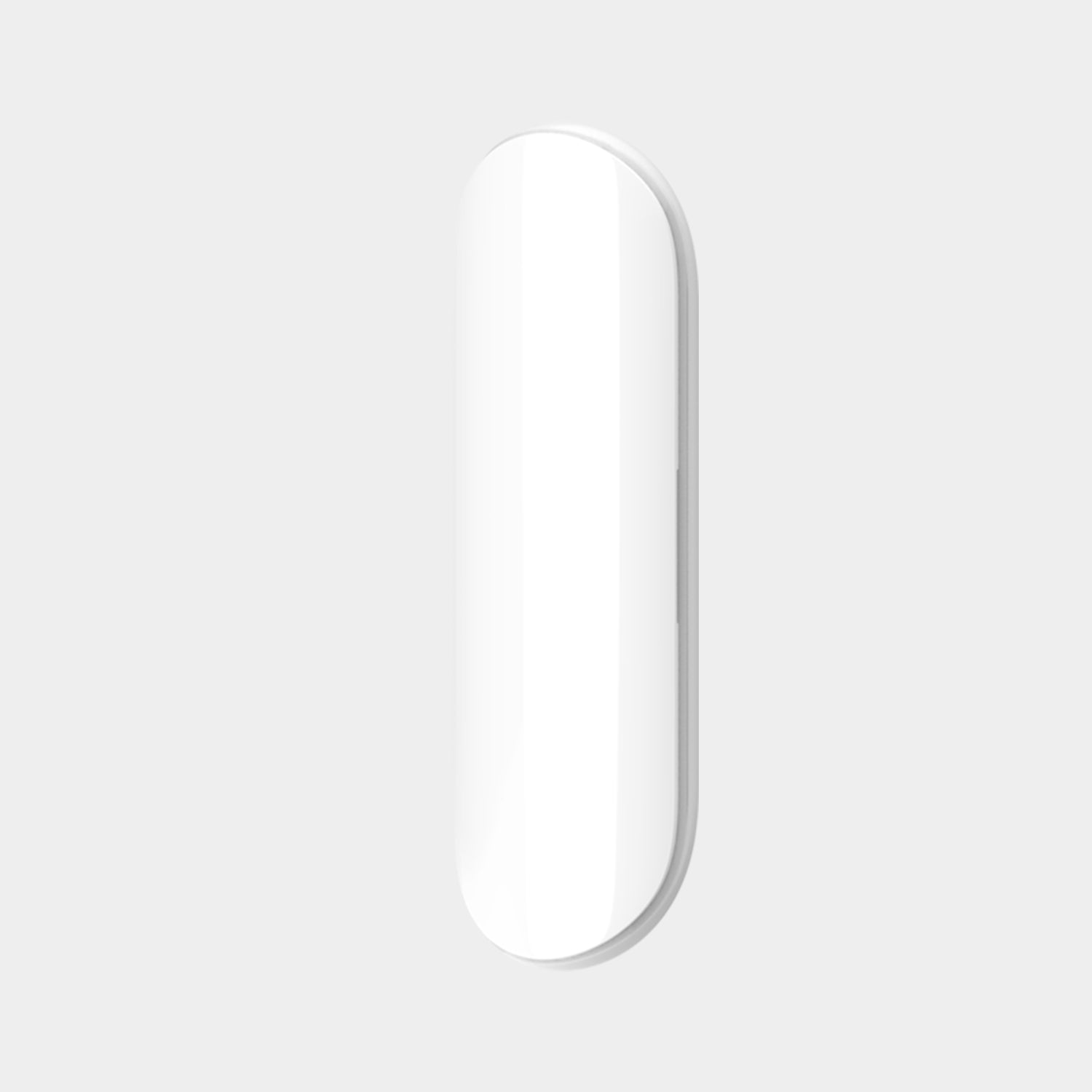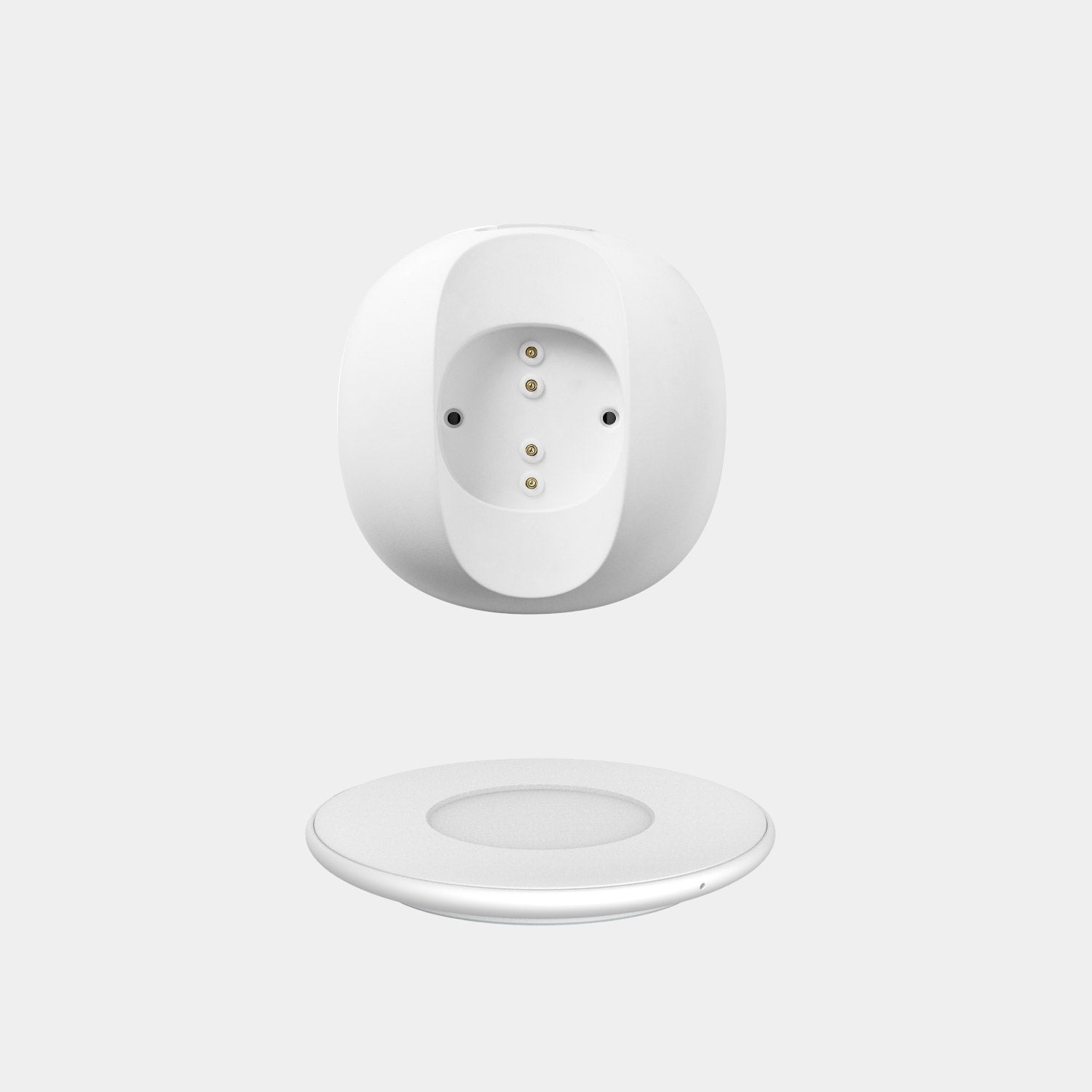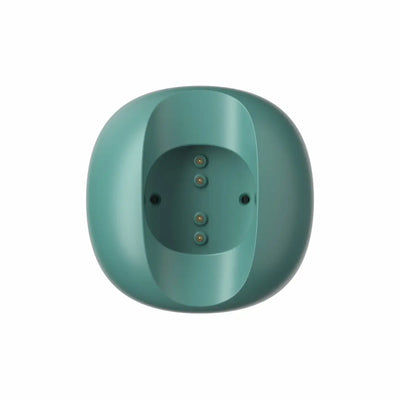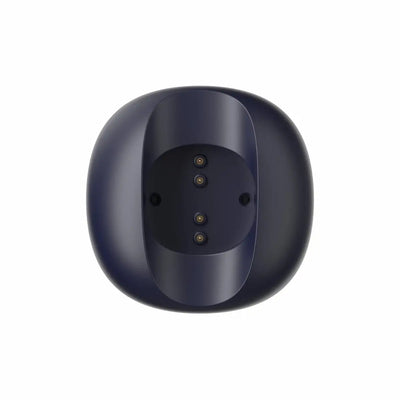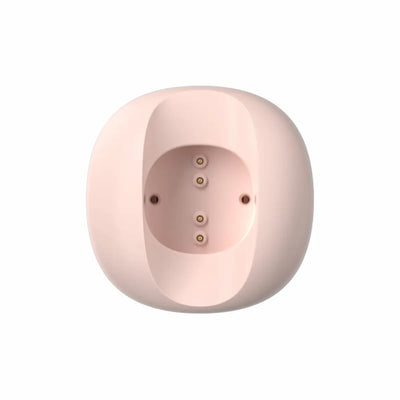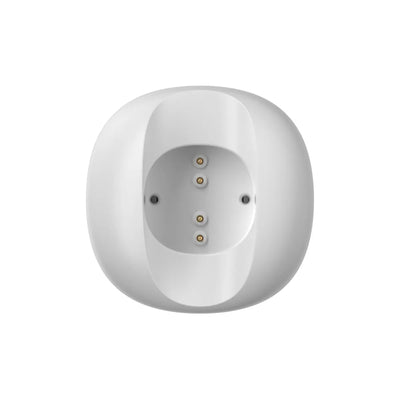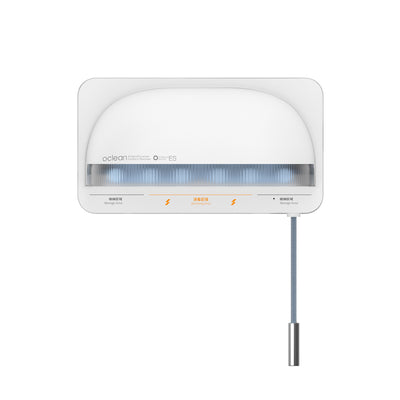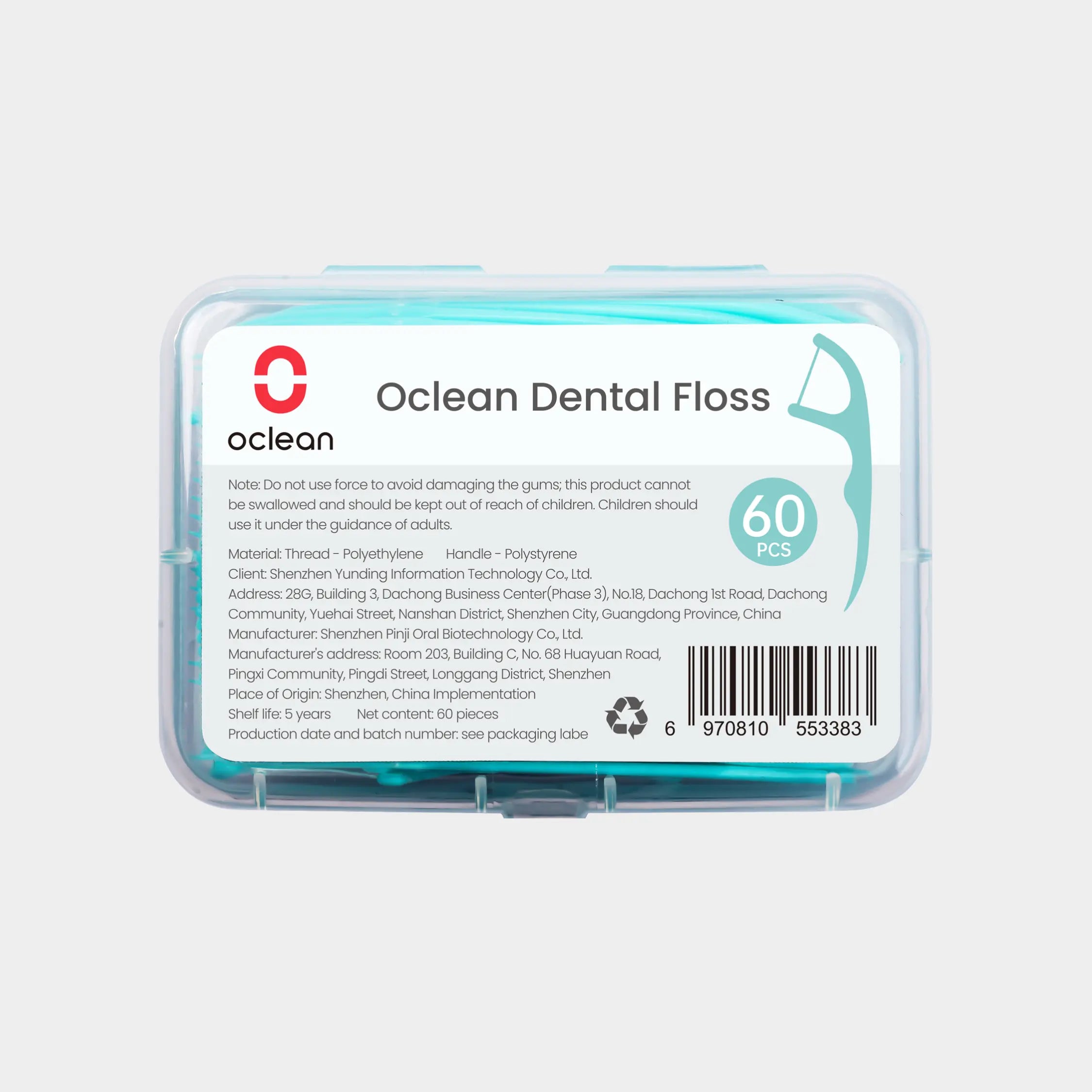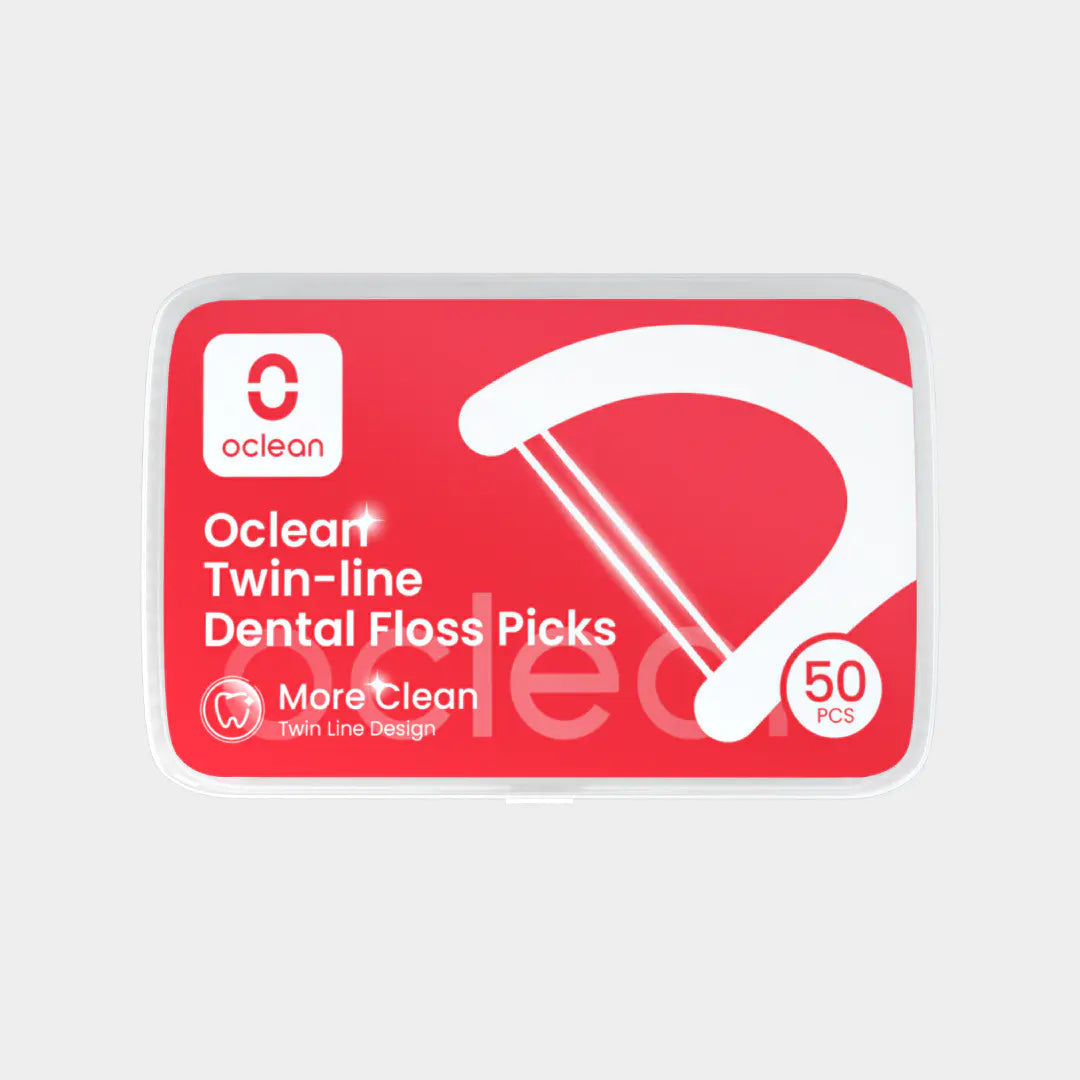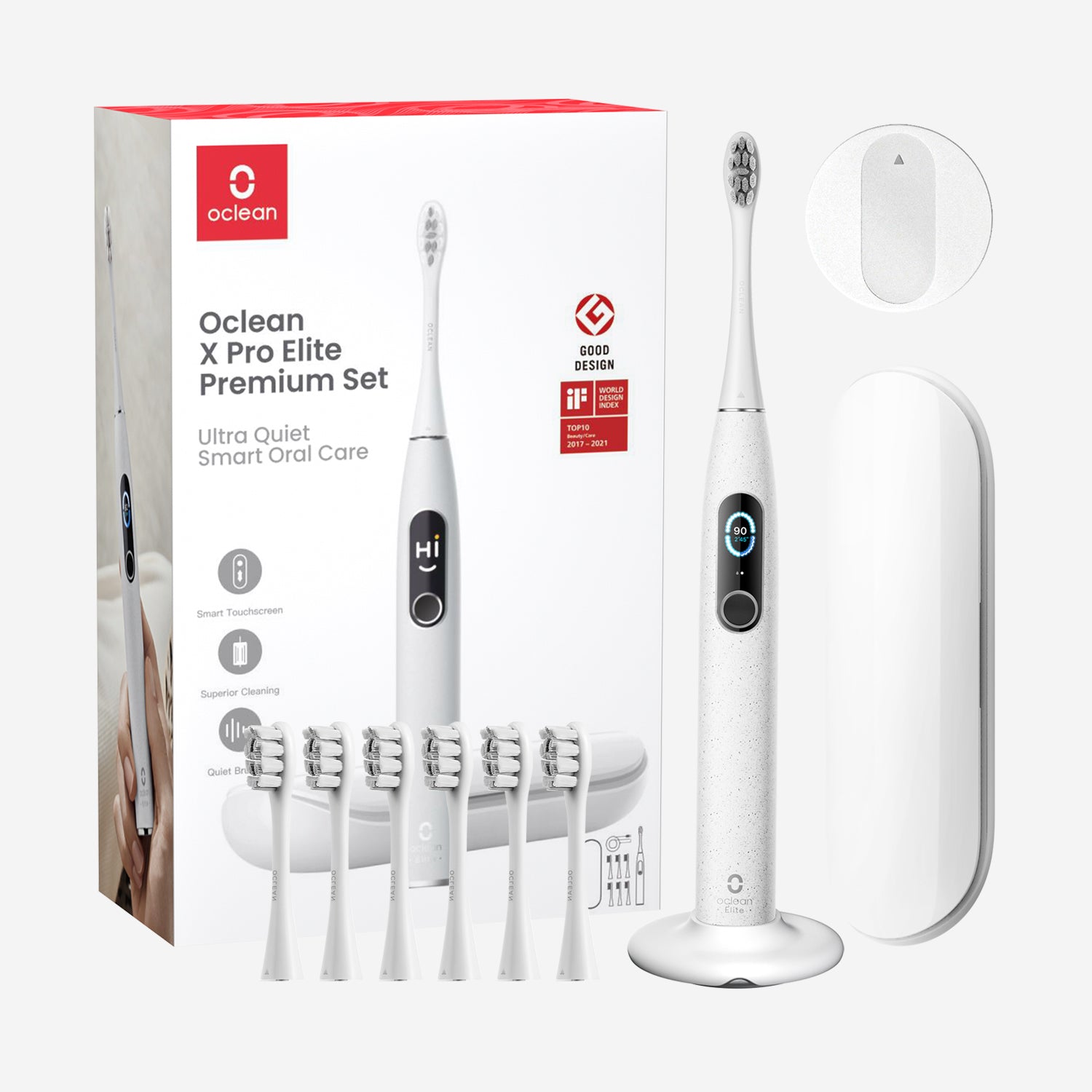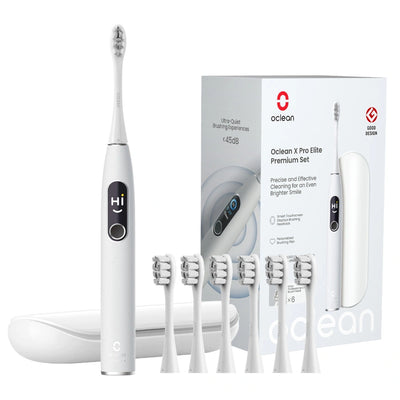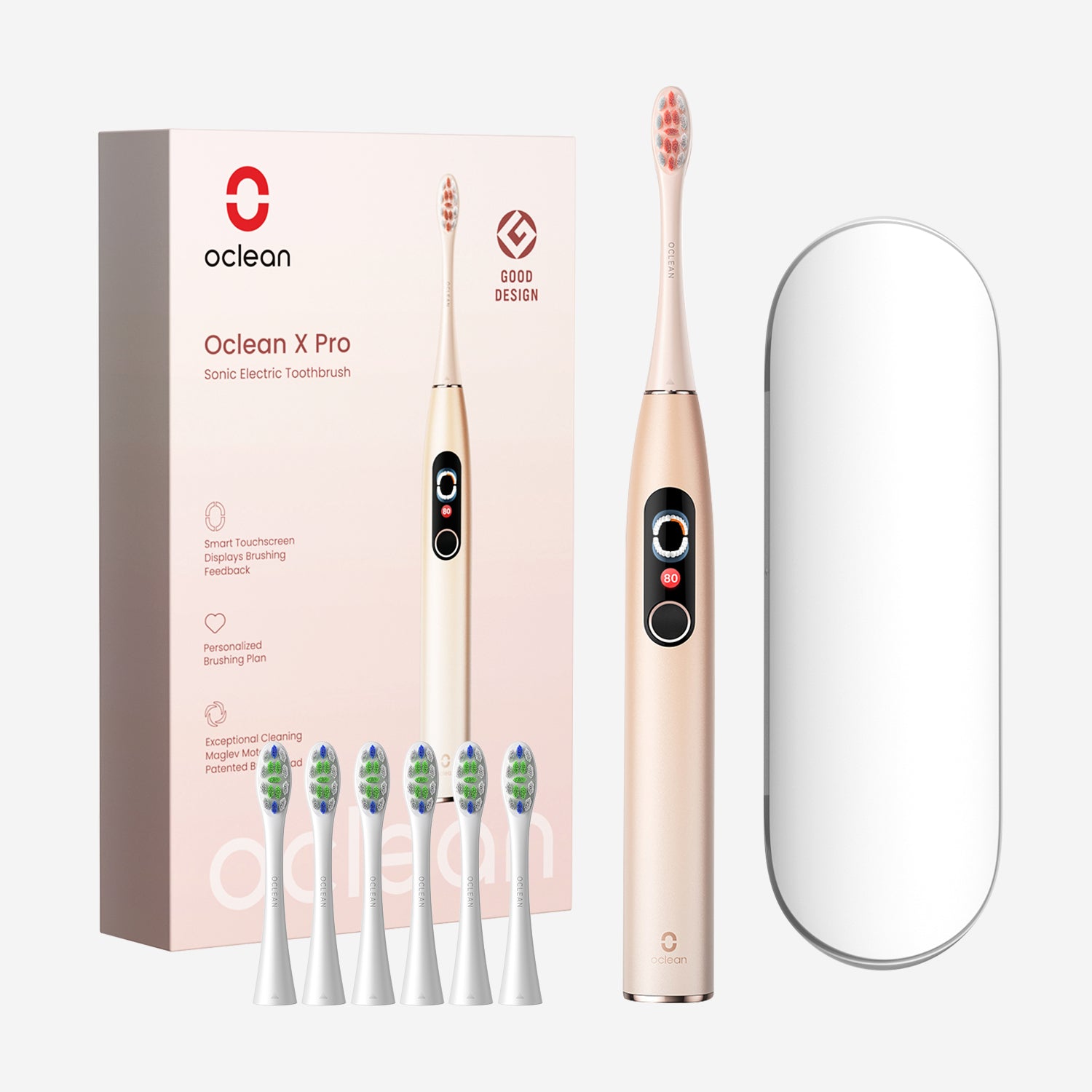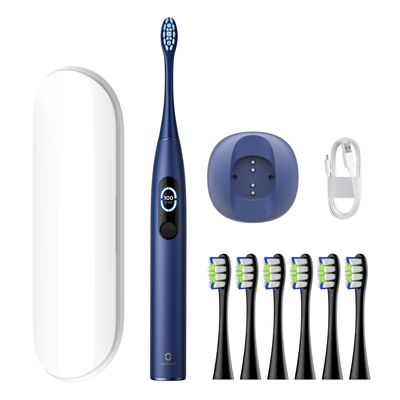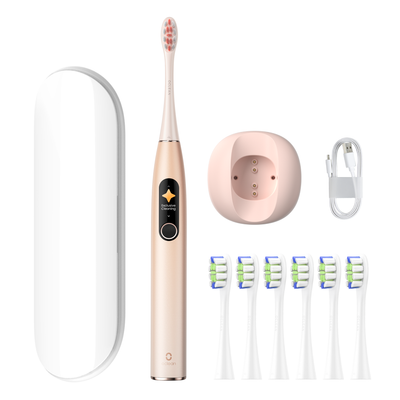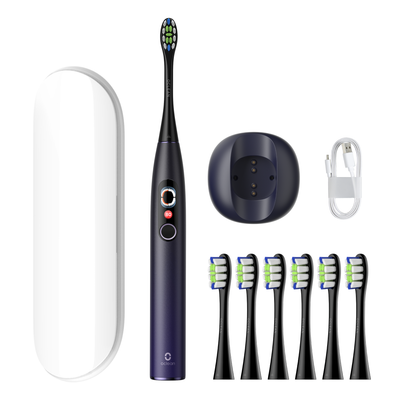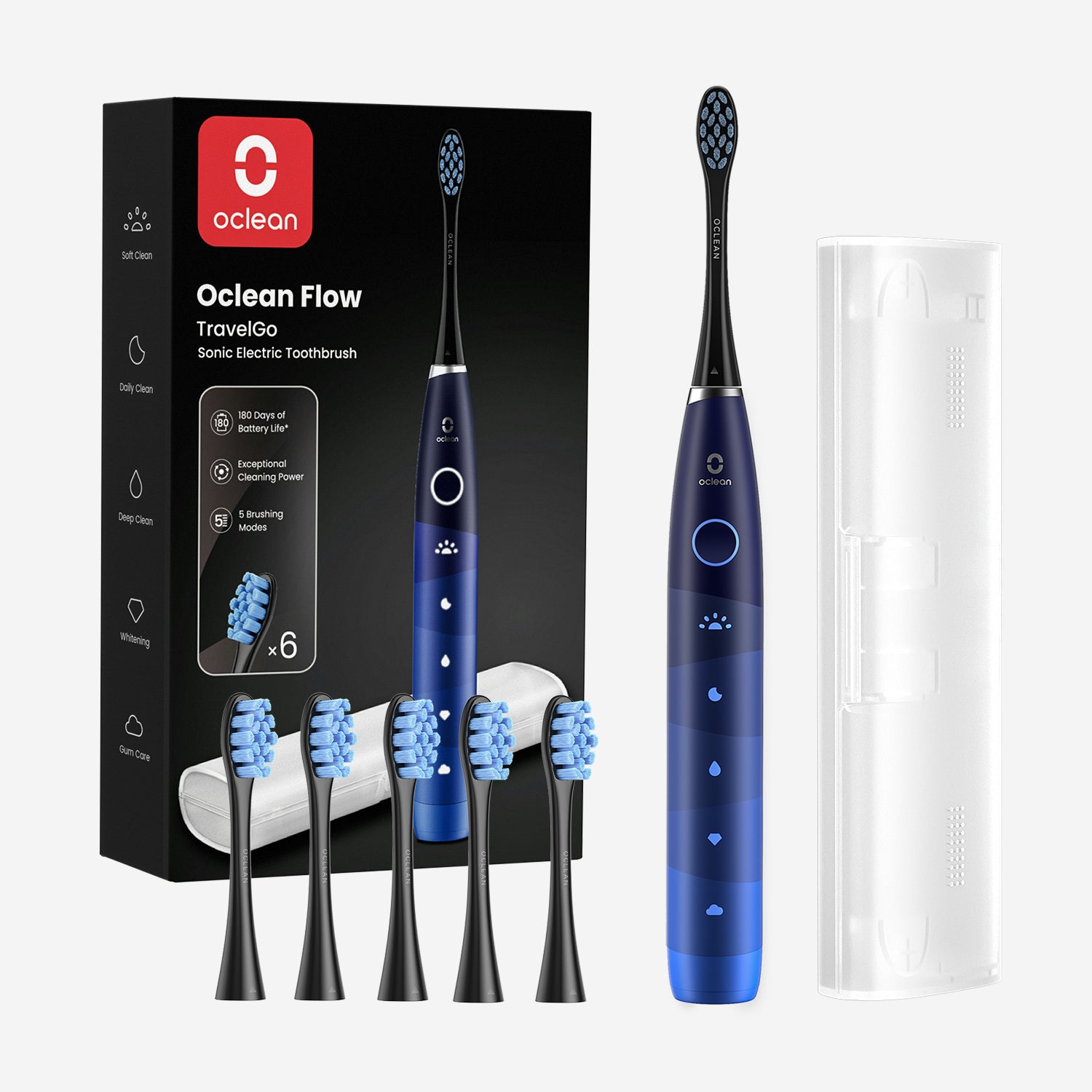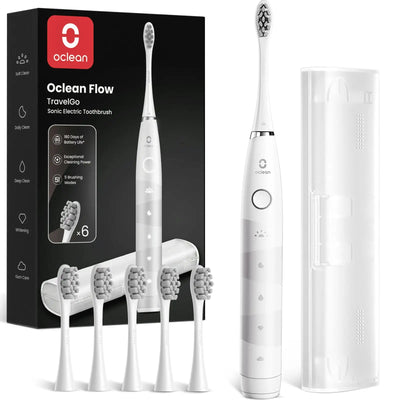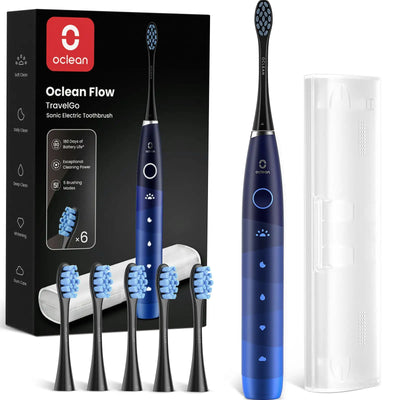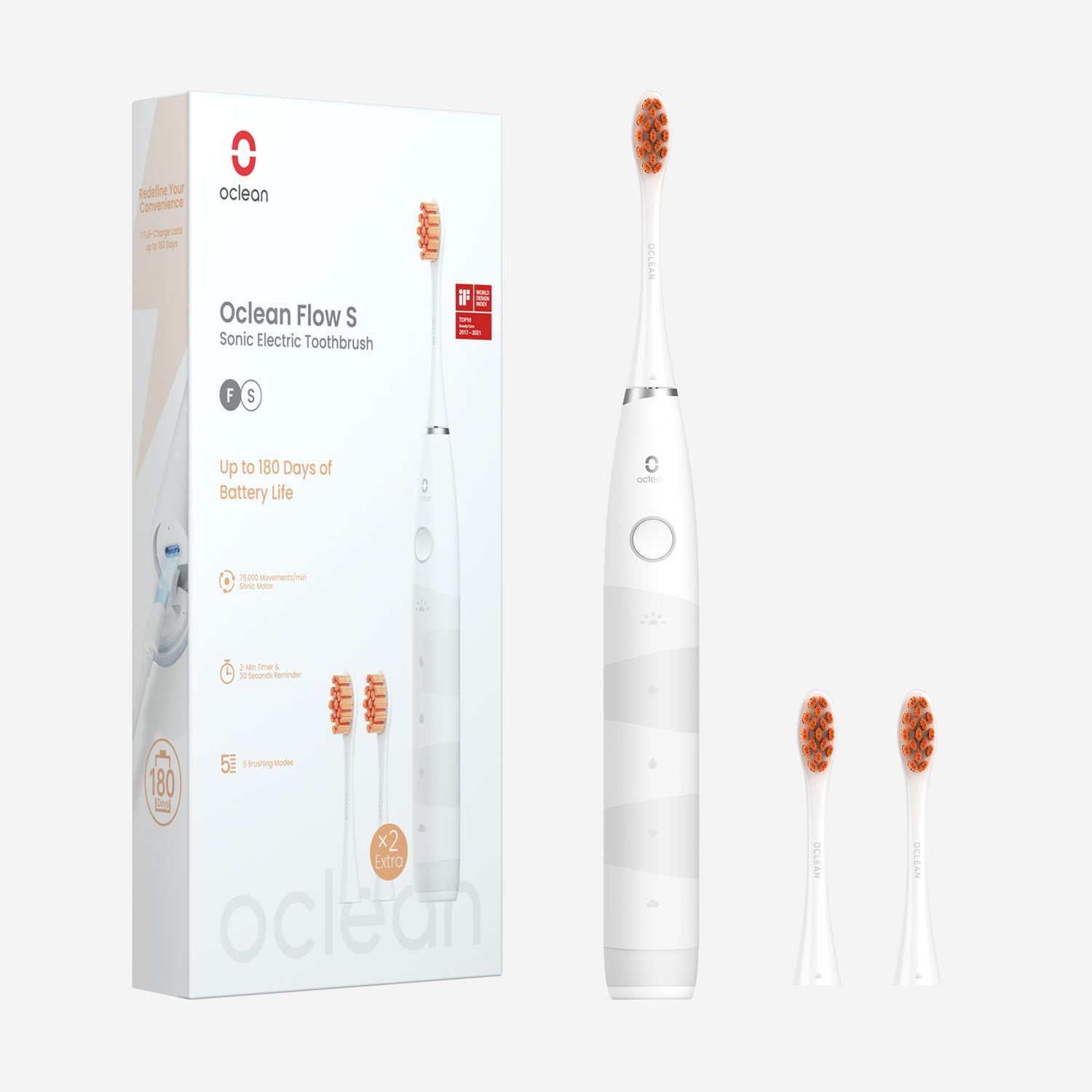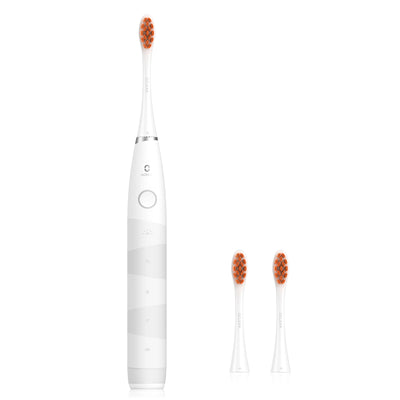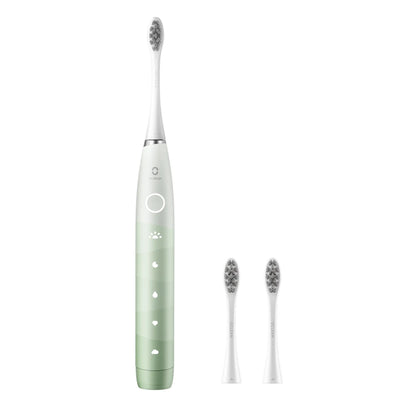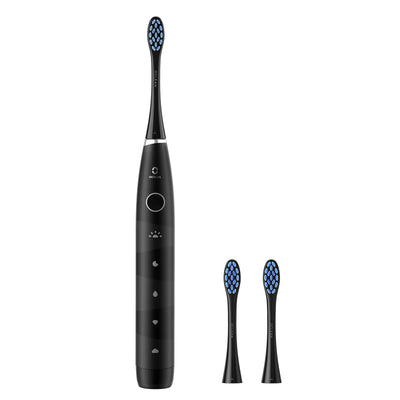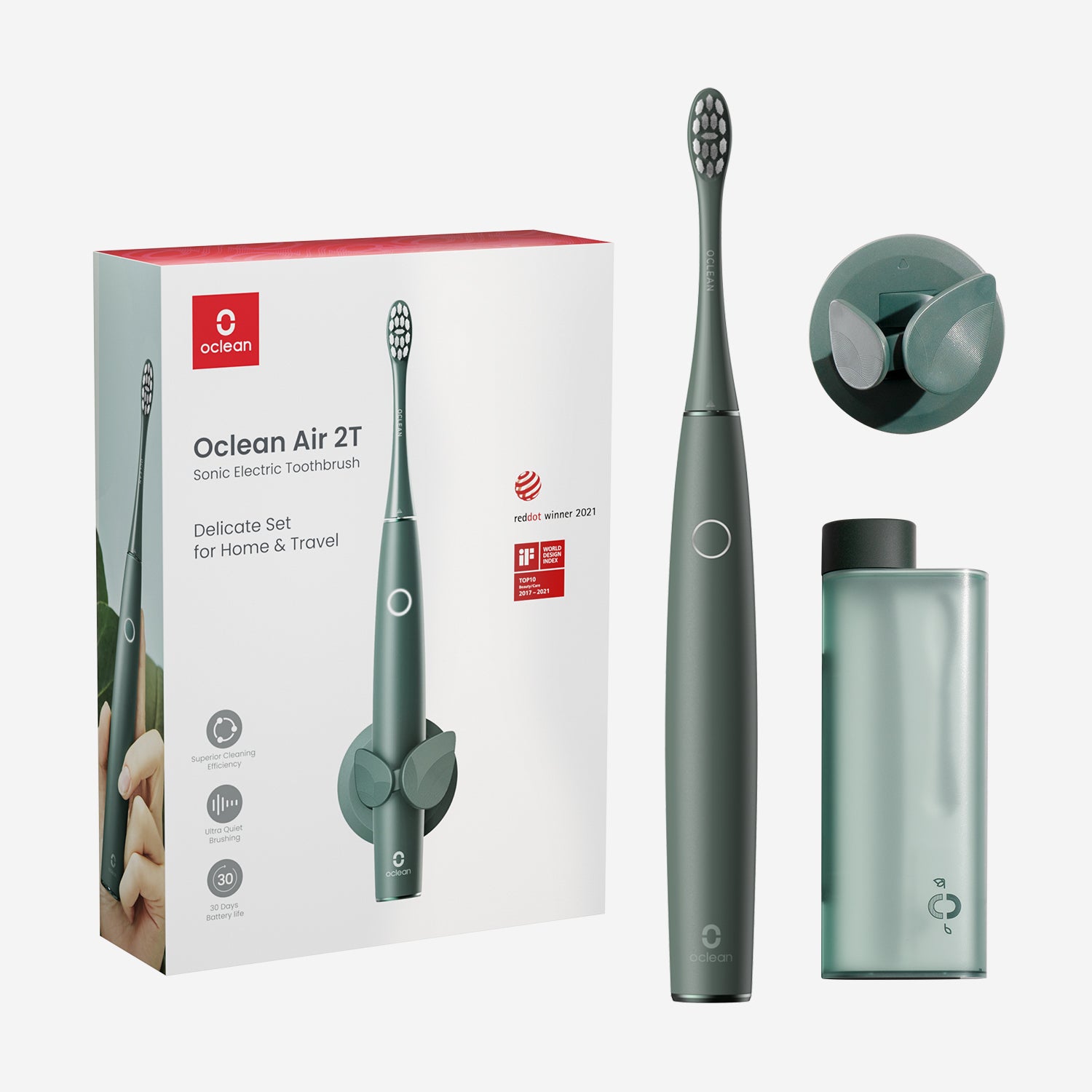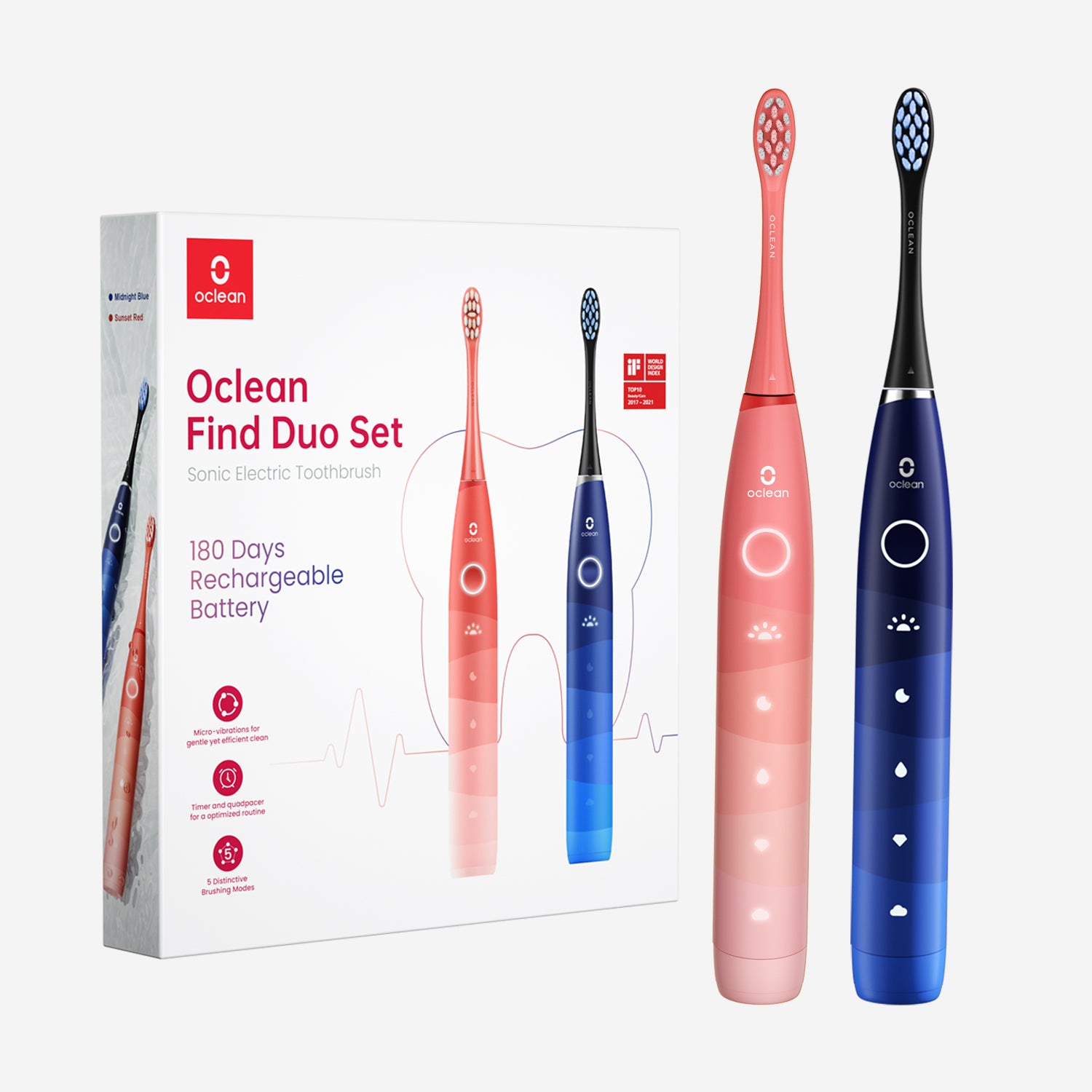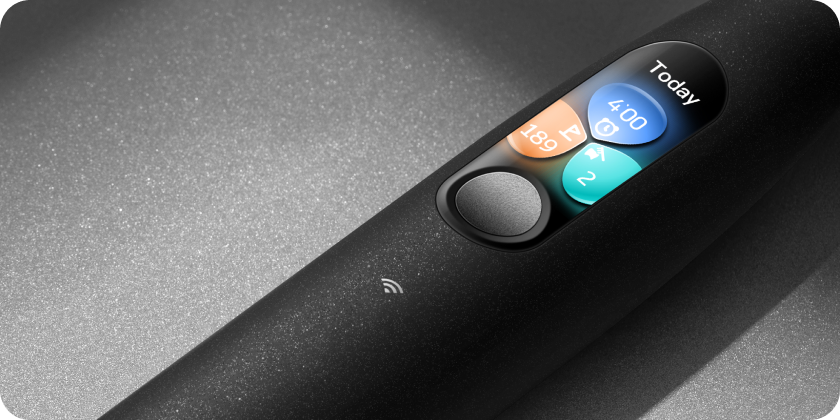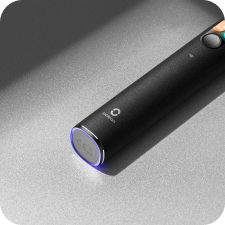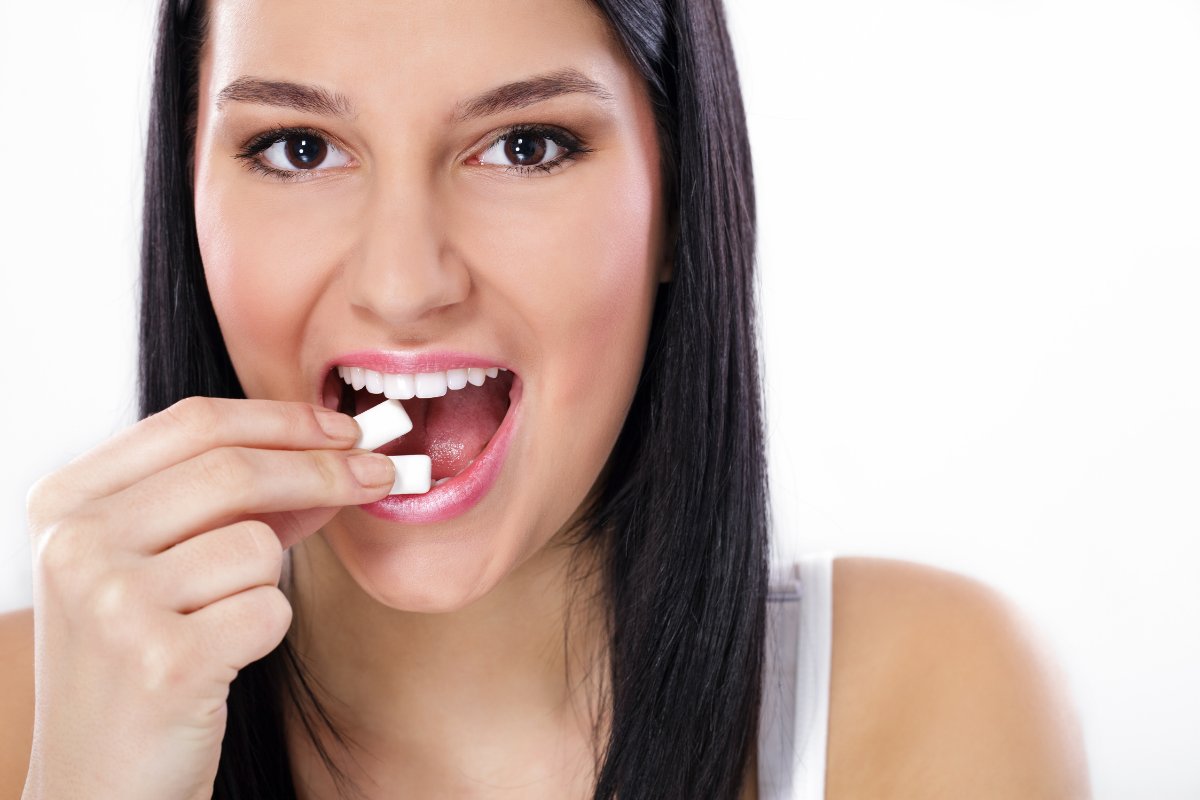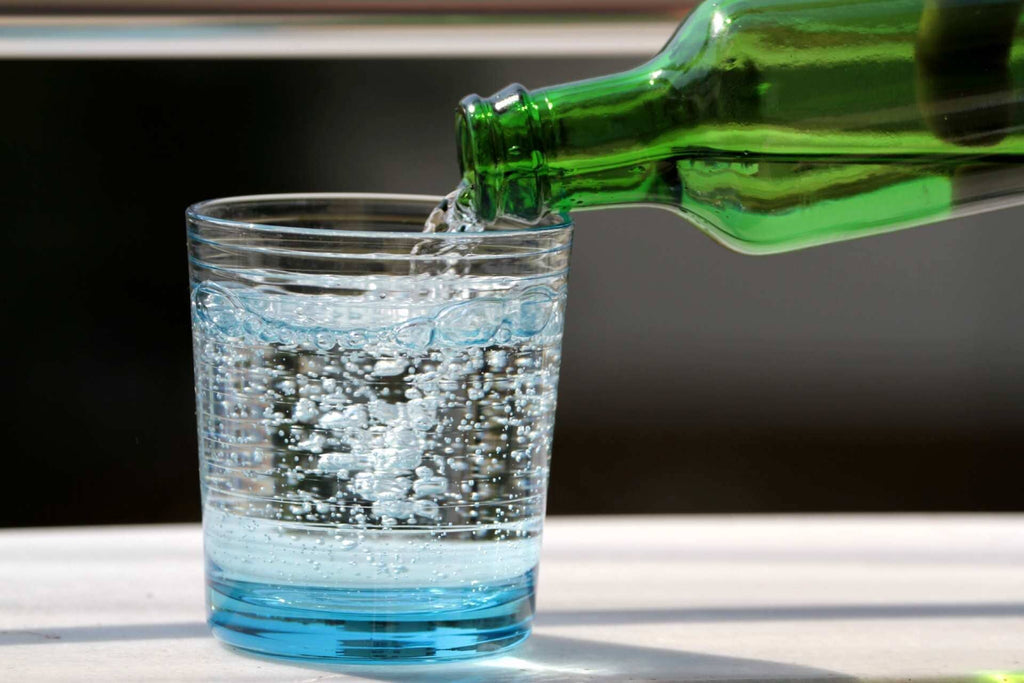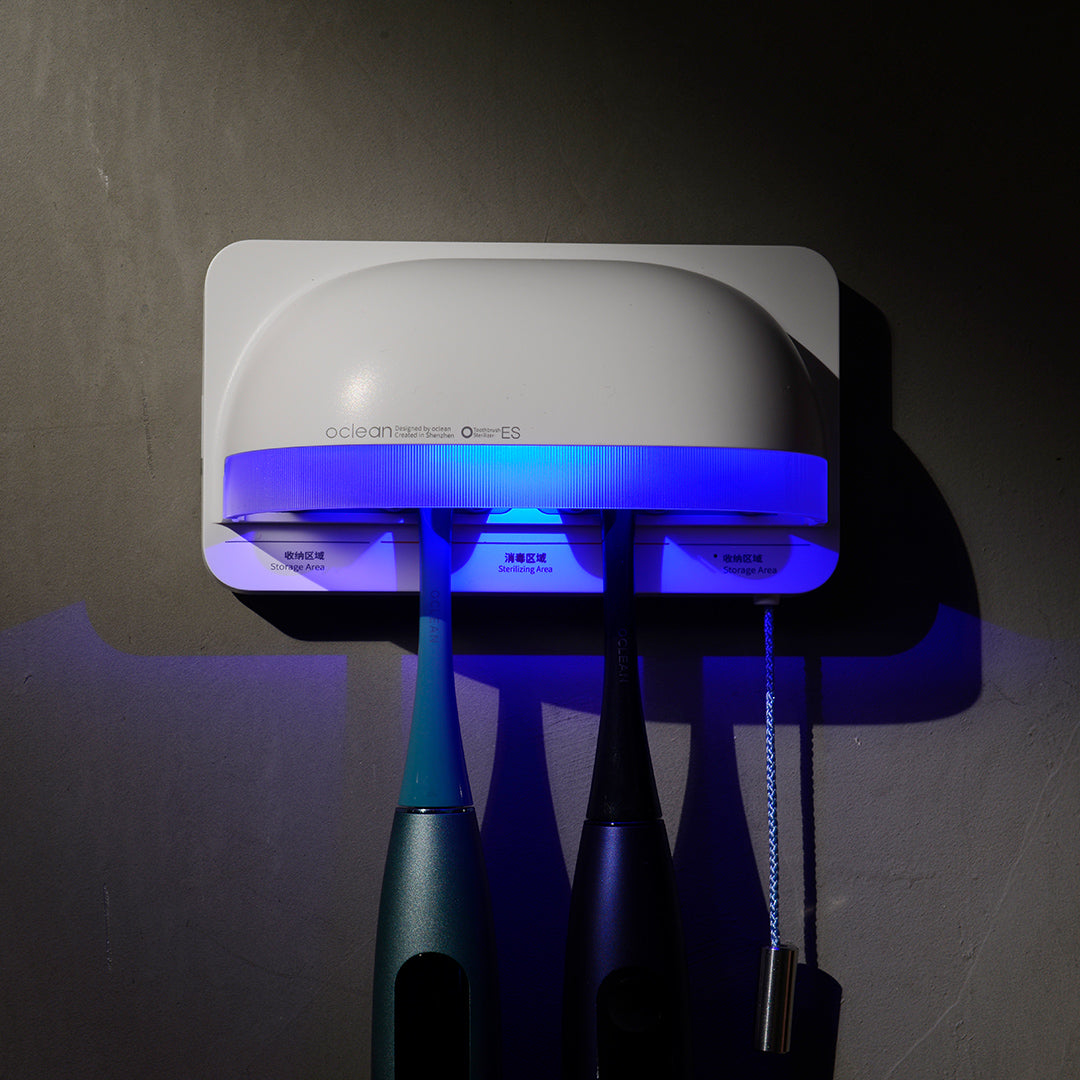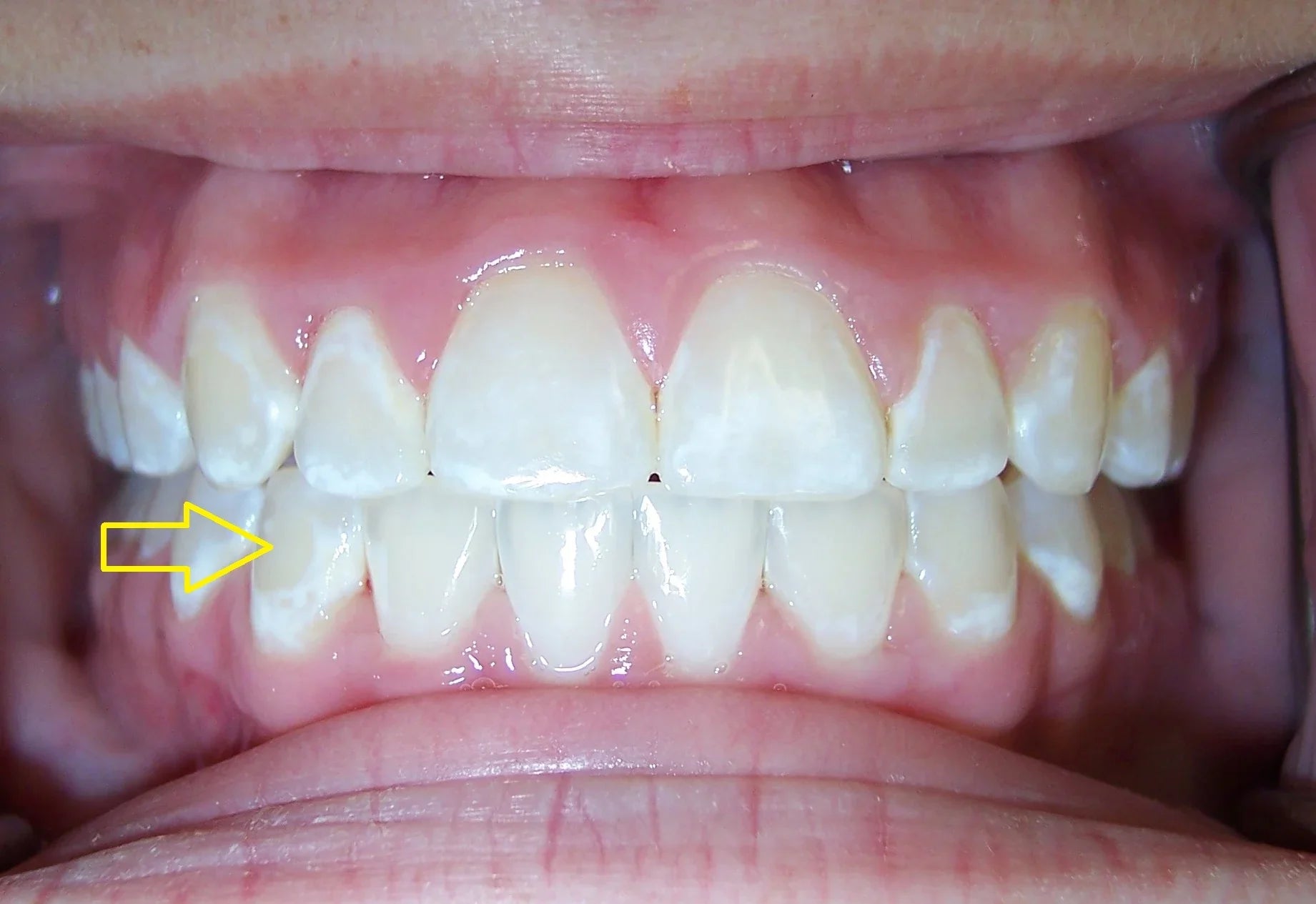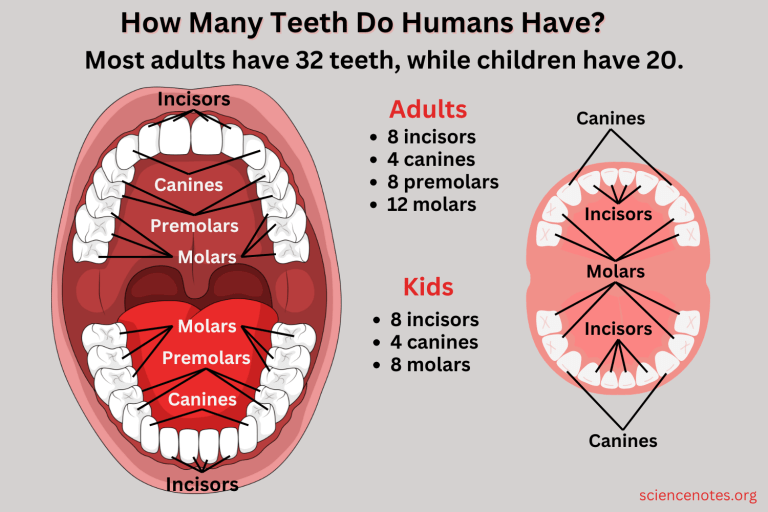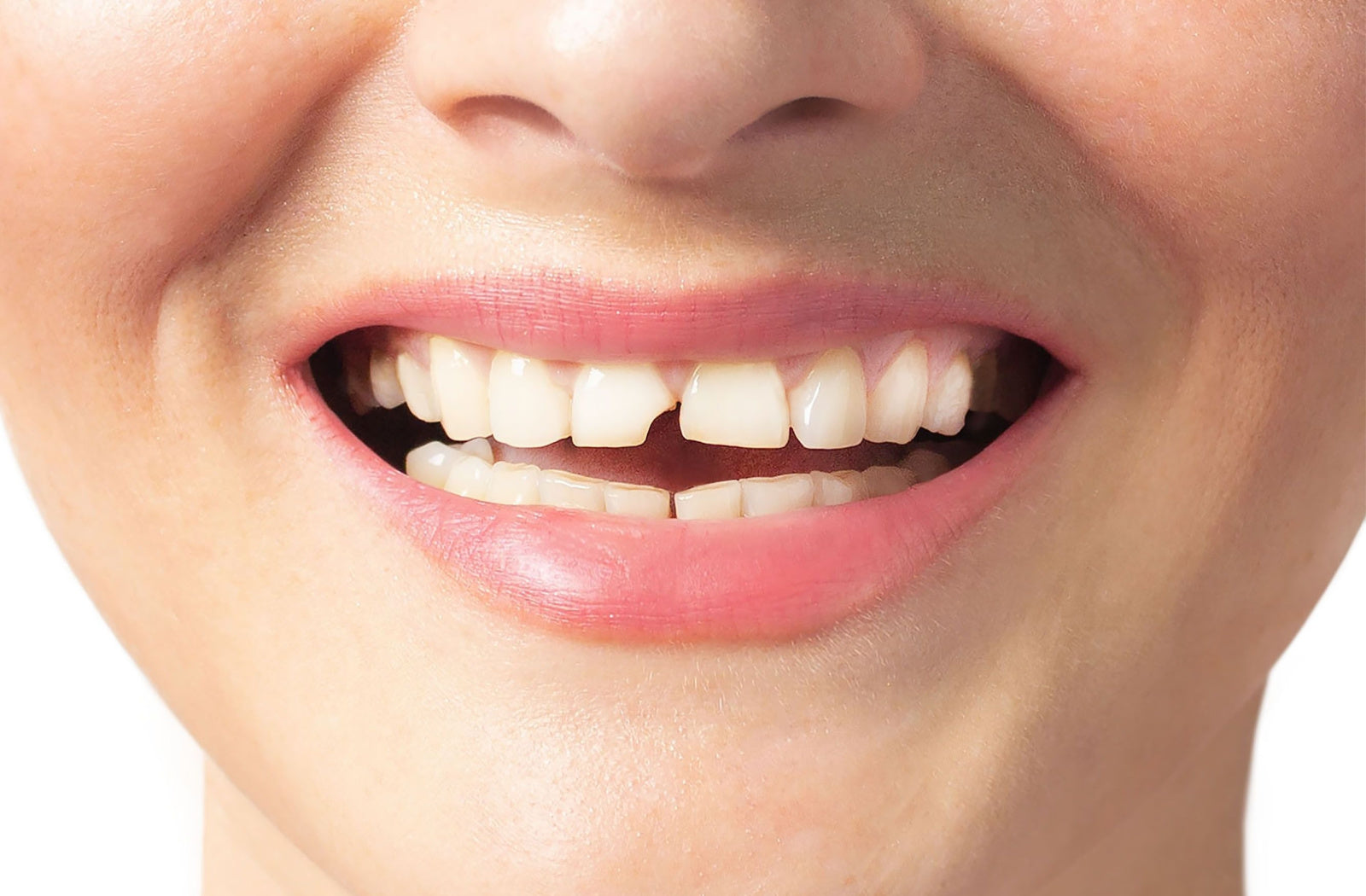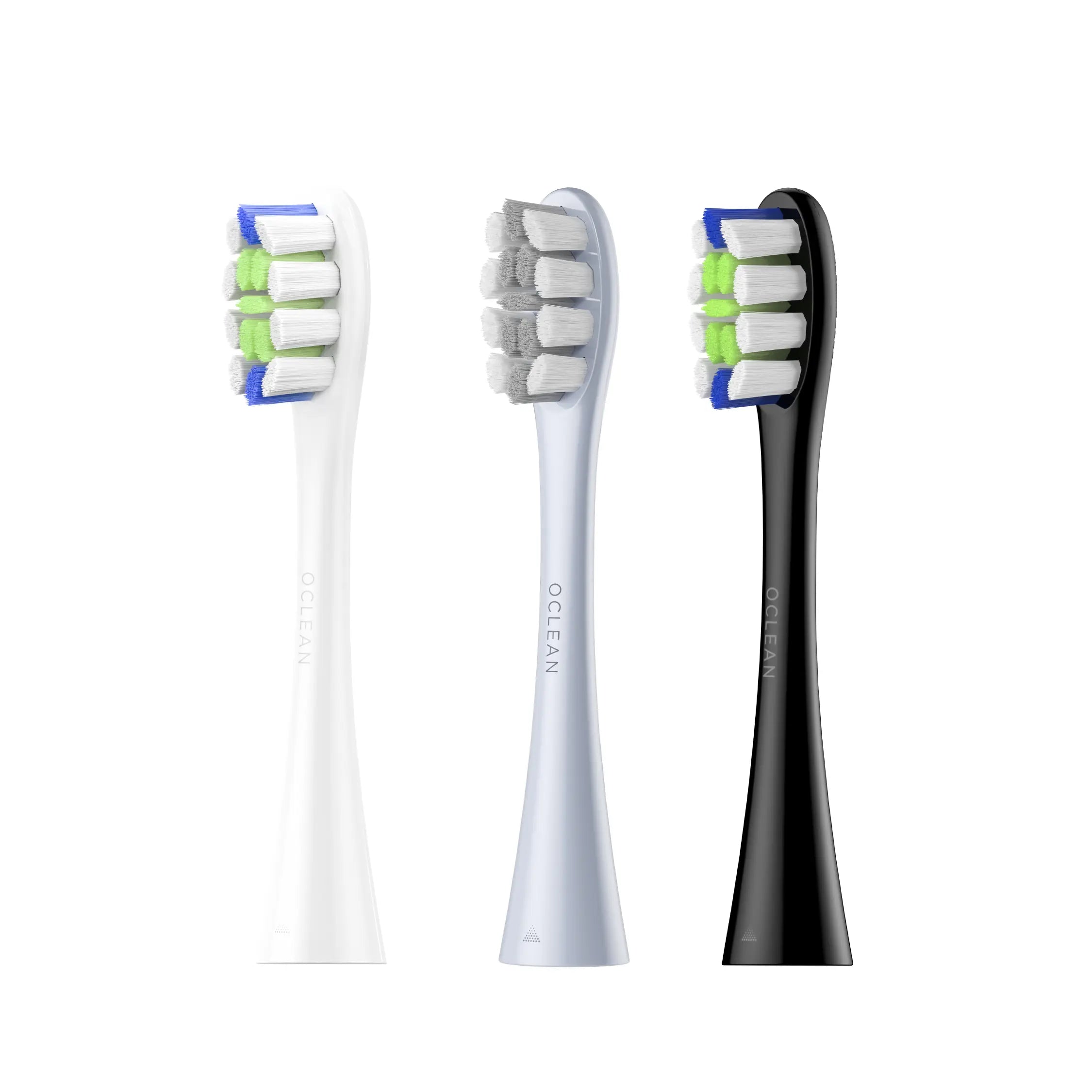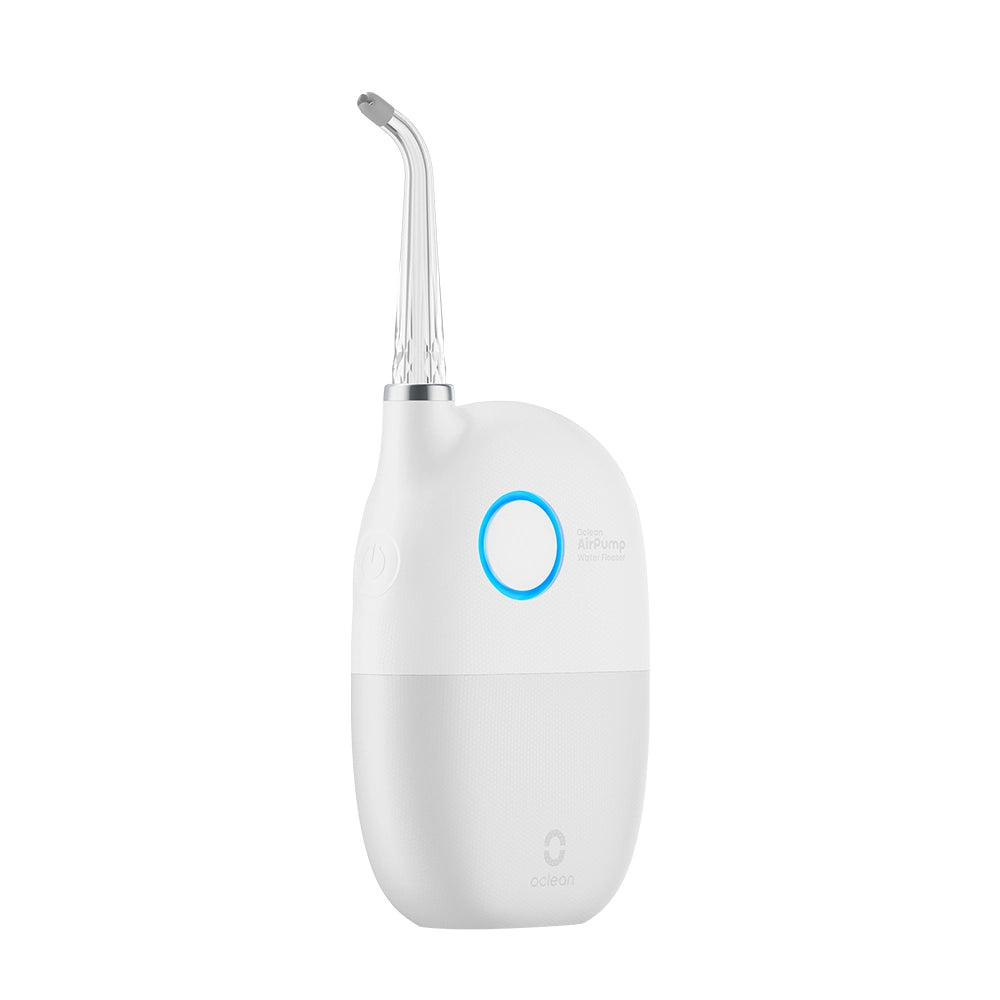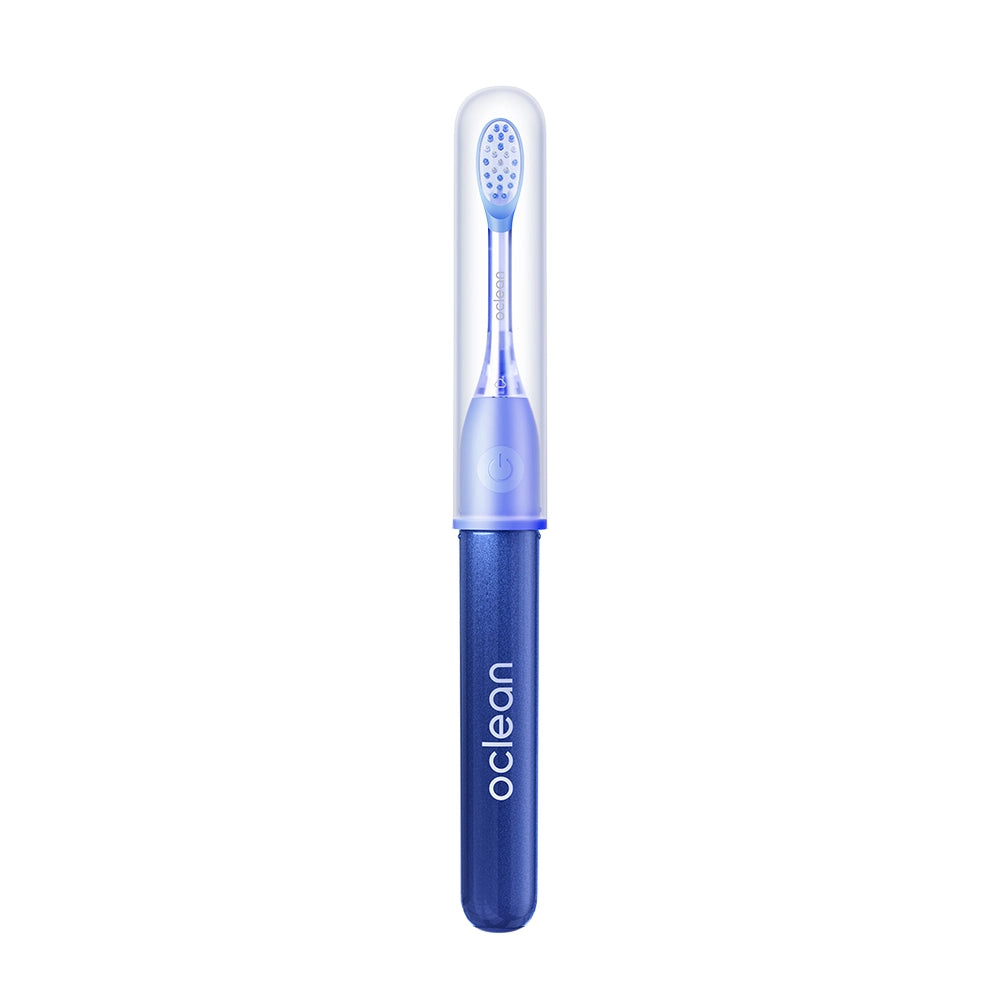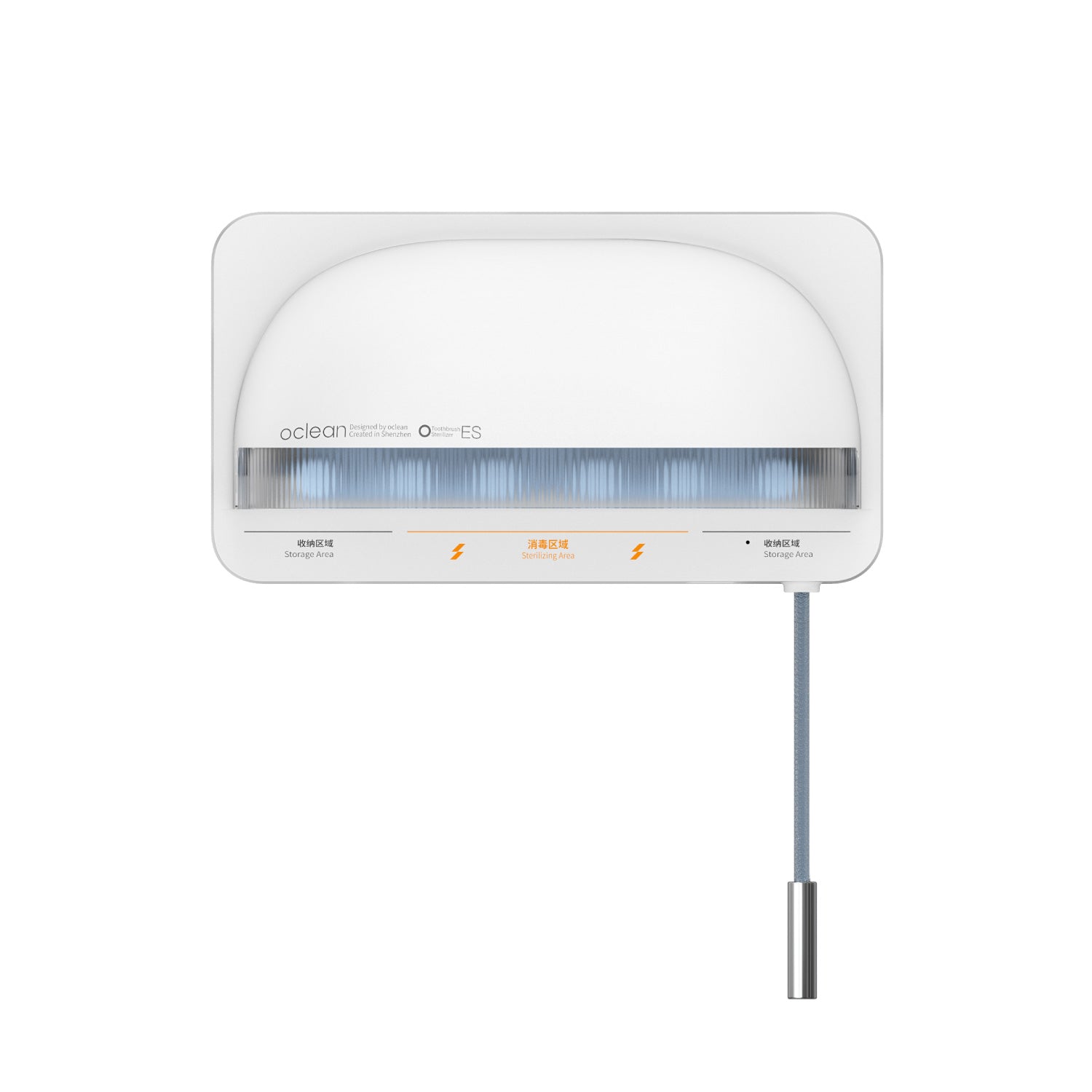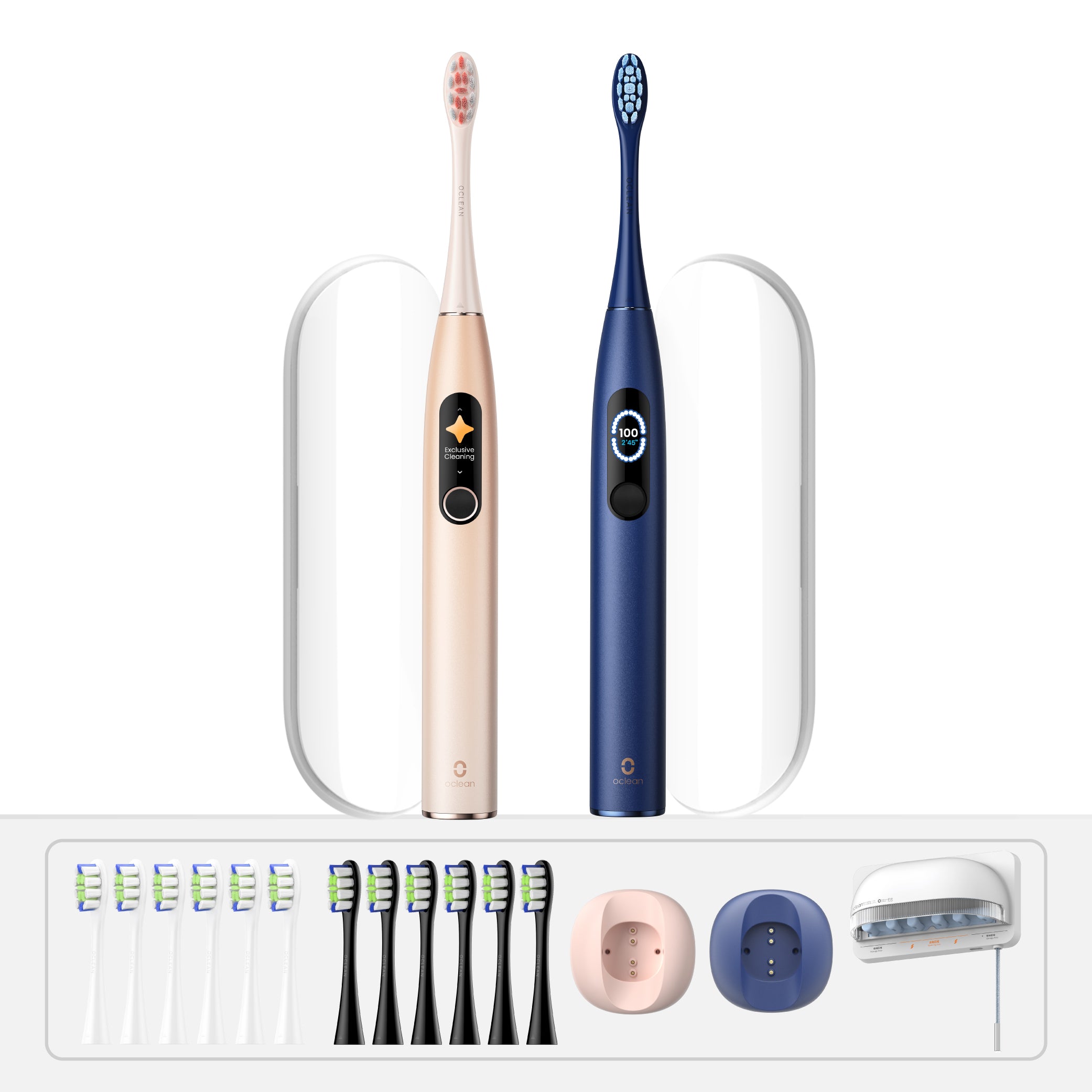You take a sip of your green tea, enjoying the calm as the antioxidants do their thing—healthy, renewing, and, let's face it, a little bit indulgent. But wait. Is that soothing glass of green tea staining your teeth? It's a sneaky thought, isn't it? After all, green tea is often hailed for its nutritional benefits, but when it comes to your smile, might it be quietly doing damage behind the scenes?

If you've discovered your once-bright teeth to be missing a certain shine, you may be wondering if your green tea routine is to blame. Yes, green tea can stain teeth, but that's not the whole story. Follow along with us as we discuss the facts and provide simple, practical solutions to keep your teeth shining, no matter how much green tea you drink.
What Causes Staining in Green Tea?
So, what's the cause of that potential green tea stain? It all boils down to a few simple things that add up, quietly turning your teeth from white to not-so-bright. First, there are tannins—the natural chemicals in tea that give it a strong taste. These tannins are great at binding to proteins, such as the enamel on your teeth. Over time, this bond can leave a subtle discolouration.
But wait, there's more. Green tea is also slightly acidic in pH, so it can soften enamel if you overdrink it. As enamel erodes, it reveals the yellowish dentin underneath. And don't forget polyphenols, the antioxidants that make green tea so healthy. These molecules are potent but can also stain by forming a film that sticks to your teeth. As you sip your health drink, you might not even realize it, but those stains accumulate—especially if your oral health is lacking.
To learn more about how acidity affects your teeth, visit our article What Nutrient Reduces Cavities.
The bottom line? Green tea is less invasive than coffee or black tea when it comes to staining, but it will eventually dull your smile. Now that you know the "why," let's discuss whether or not green tea stains more than other teas.
Does Green Tea Stain Teeth More Than Other Teas?
Here's the silver lining: Green tea isn't the biggest yellowing culprit of your teeth—black tea is. Both have tannins, but black tea is more pigmented, and its tannins stick more stubbornly to your enamel. So, if you're concerned your teeth are yellowing because of your green tea habit, you're actually in better shape. Green tea is comparatively less harsh than black tea.
But don't get too comfortable yet. Yes, green tea may not stain as readily as black tea, but it can still darken your teeth with extended use, especially if you use it regularly. It's a slow, insidious process that's easy to overlook at first but can, over time, take the sparkle from your natural shine if not regulated. In fact, how often you use tea and how good you are at taking care of your teeth is usually more of an issue than what kind of tea you use.
Warning Signs That Green Tea Is Staining Your Teeth
The green tea damage isn't really immediate, though—after all, it's a slow and subtle process. But if you look at your teeth closely, you might see some signs that your teeth are starting to lose their shine. The most obvious change is dullness or yellowing. If your teeth were whiter in the past but now have a light colour, it might well be the work of your green tea consumption.
The green tea stain is not as noticeable as the blatant coffee stains you find on your teeth. Instead, they accumulate over time, depositing a thin layer on your teeth. When brushing no longer appears to remove the stain almost as quickly as it used to, that means green tea is adhering to your enamel. And while the stains are not as dark as black tea or coffee, they can still make your smile lose that healthy, youthful sheen.
But don't worry—these types of stains are usually surface stains, and they can be removed with proper care. Let's look at how you can prevent these stains from turning into an even bigger issue.
If you want to know how to keep your teeth healthy, try reading How Long Can a Tooth Infection Go Untreated."
How to Stop Green Tea from Turning Your Teeth Yellow?
You don't have to cut out your favourite green tea from your diet simply because you worry about staining.
First things first: drink from a straw. That way, you avoid the tea being close to your teeth and get to drink without nearly so much risk of staining.
Rinse with water afterwards. A rapid rinse keeps the remaining tea particles and tannins from adhering to your teeth and accumulating on your enamel. It is simple and quick but can be extremely helpful.
It is also necessary to maintain proper oral hygiene. Brush teeth twice daily with fluoride toothpaste and floss daily. Daily flossing removes plaque residue that prevents the stain from adhering to teeth. For tips on maintaining a healthy smile, check out our article on How to Floss Properly."
Don't skip regular dental check-ups. A professional cleaning every six months will keep your teeth stain-free of stubborn stains that cannot be removed by brushing.
By simply doing these simple steps, you'll be able to indulge in green tea without fear of it destroying your smile.
The Bottom Line
Green tea isn't the worst for staining, but it will definitely ruin your smile if you're not careful. The good news is that with some simple precautions, such as drinking out of a straw and practising your oral hygiene, you can indulge in your green tea with a clear conscience.
For maximum protection against stains, you might consider purchasing a quality toothbrush that breaks down plaque gently and leaves your teeth feeling clean.
The Oclean X Ultra 20 Sonic Toothbrush is an excellent option, with high cleaning power through sonic technology that won't stain. Keep your teeth healthy and shiny—no matter how much green tea you consume!
Table of Contents
